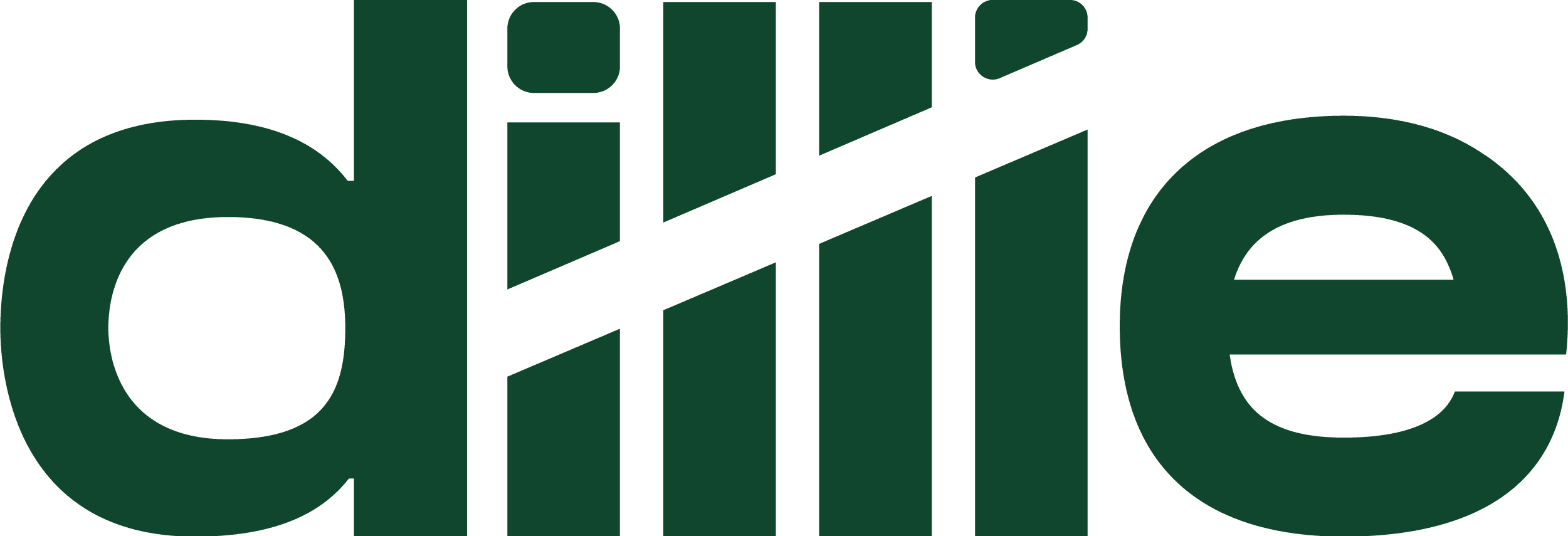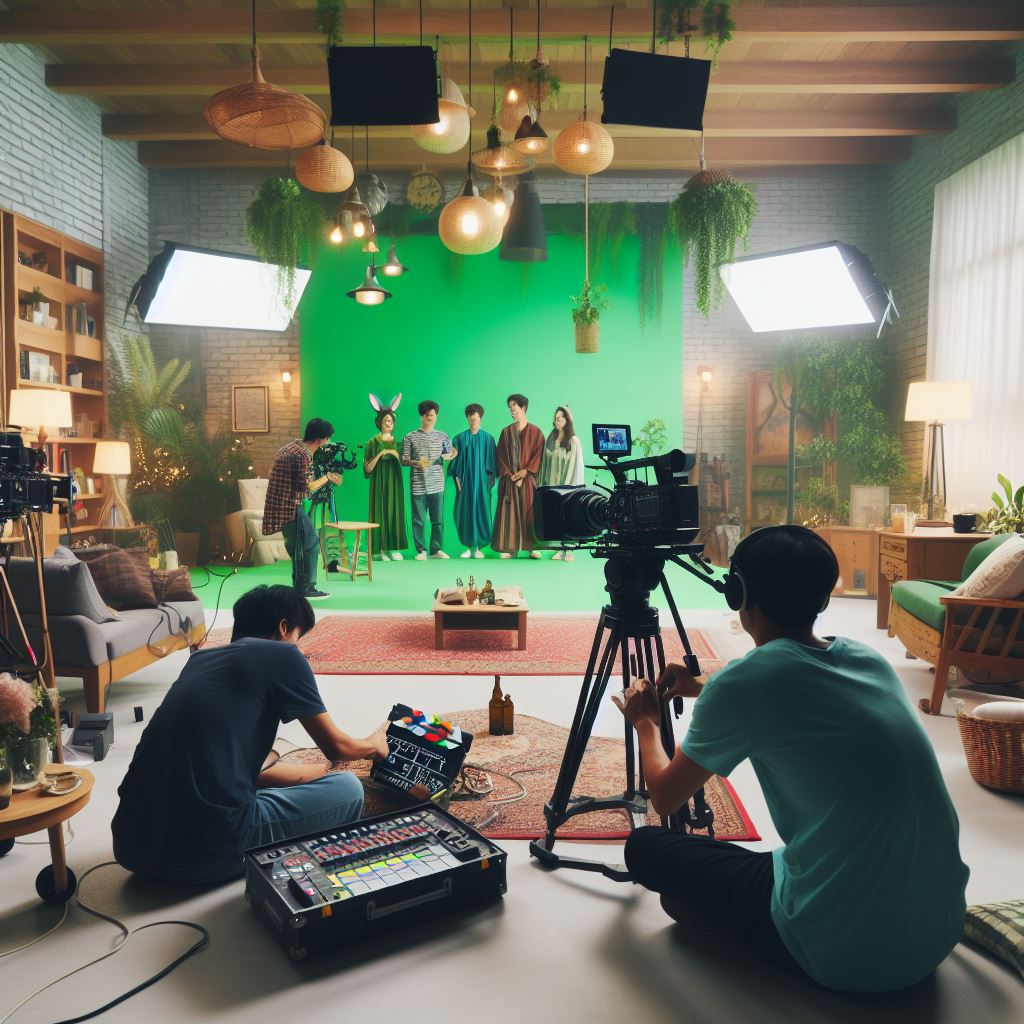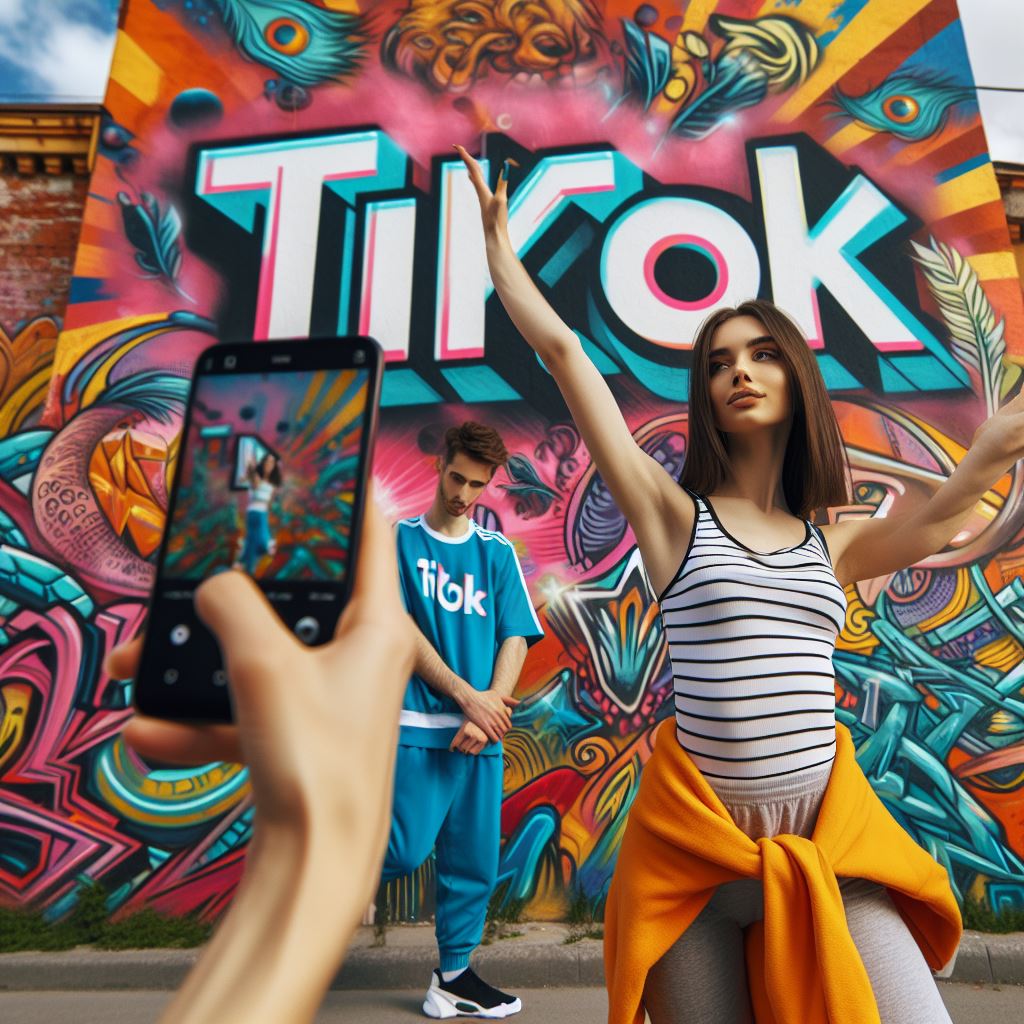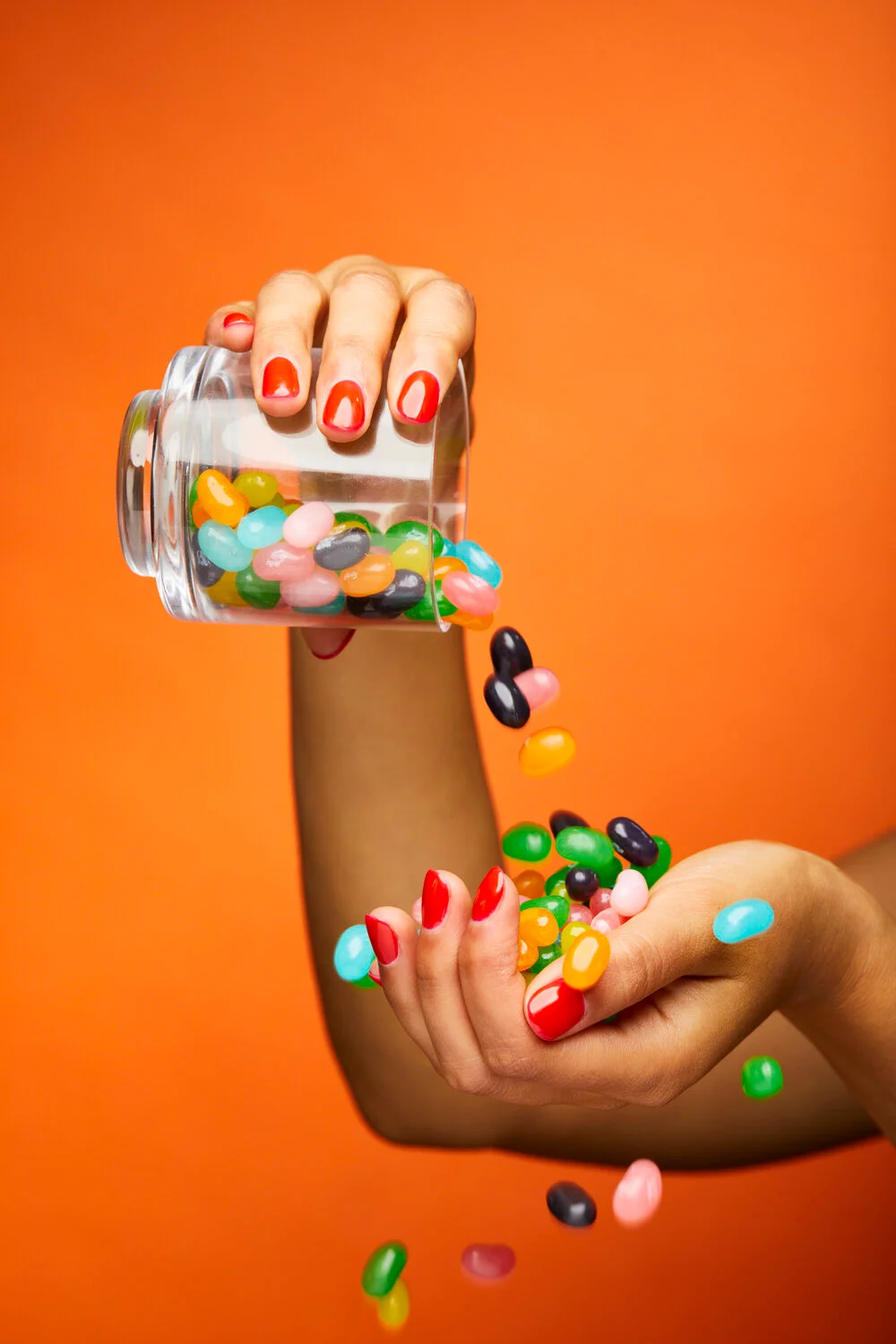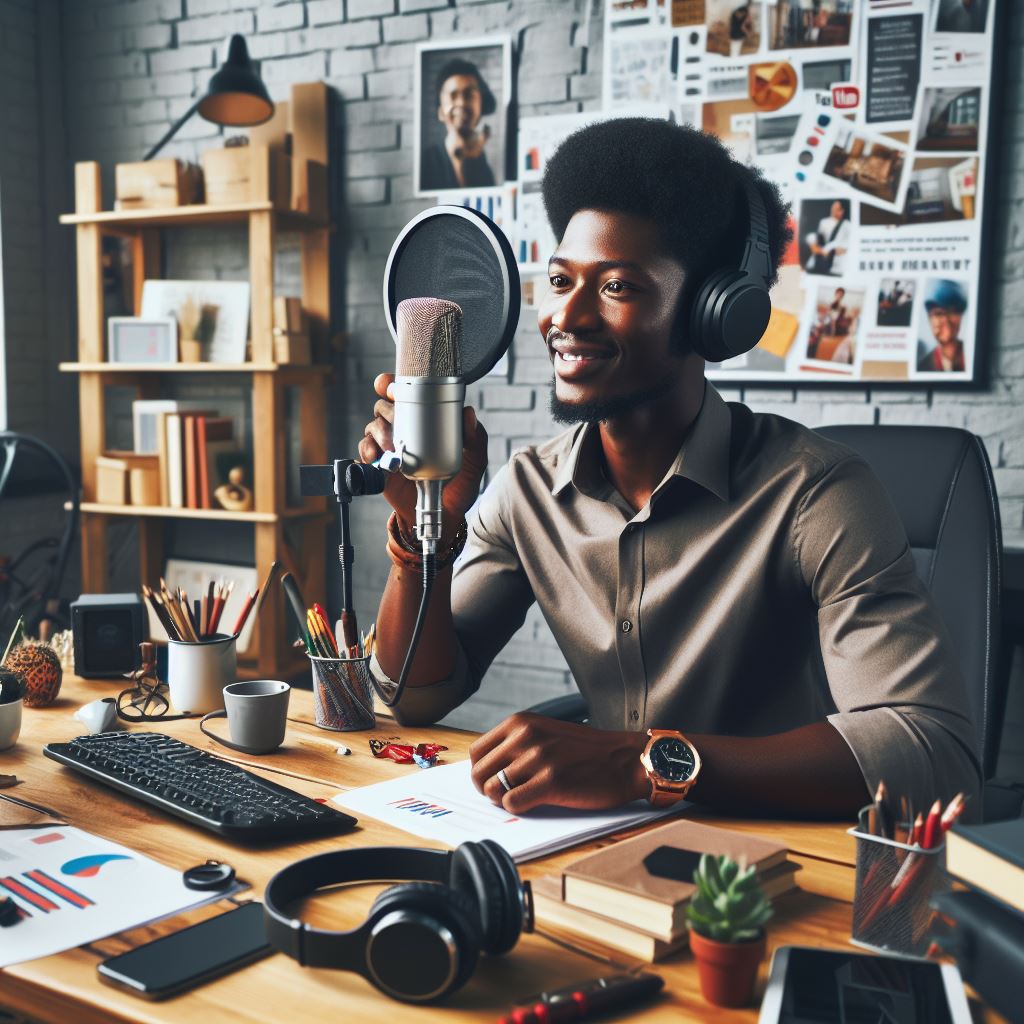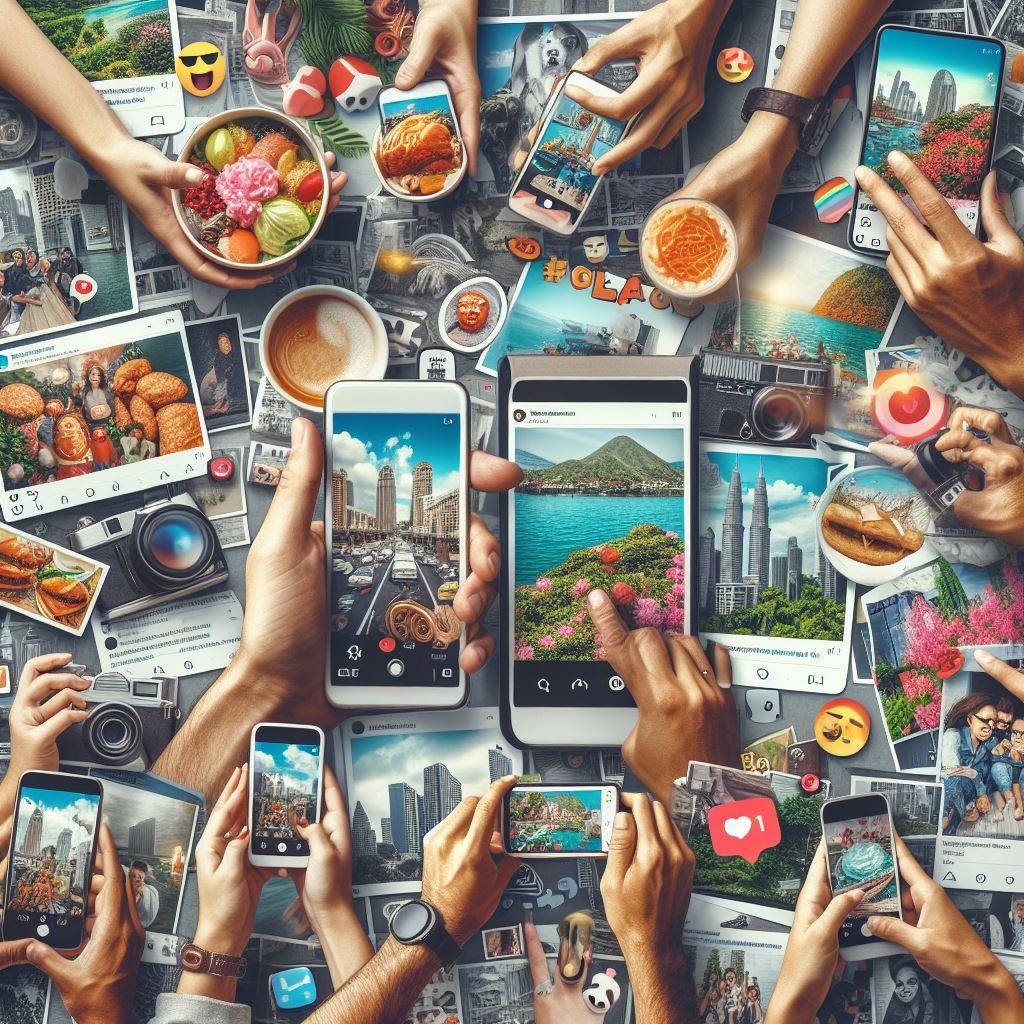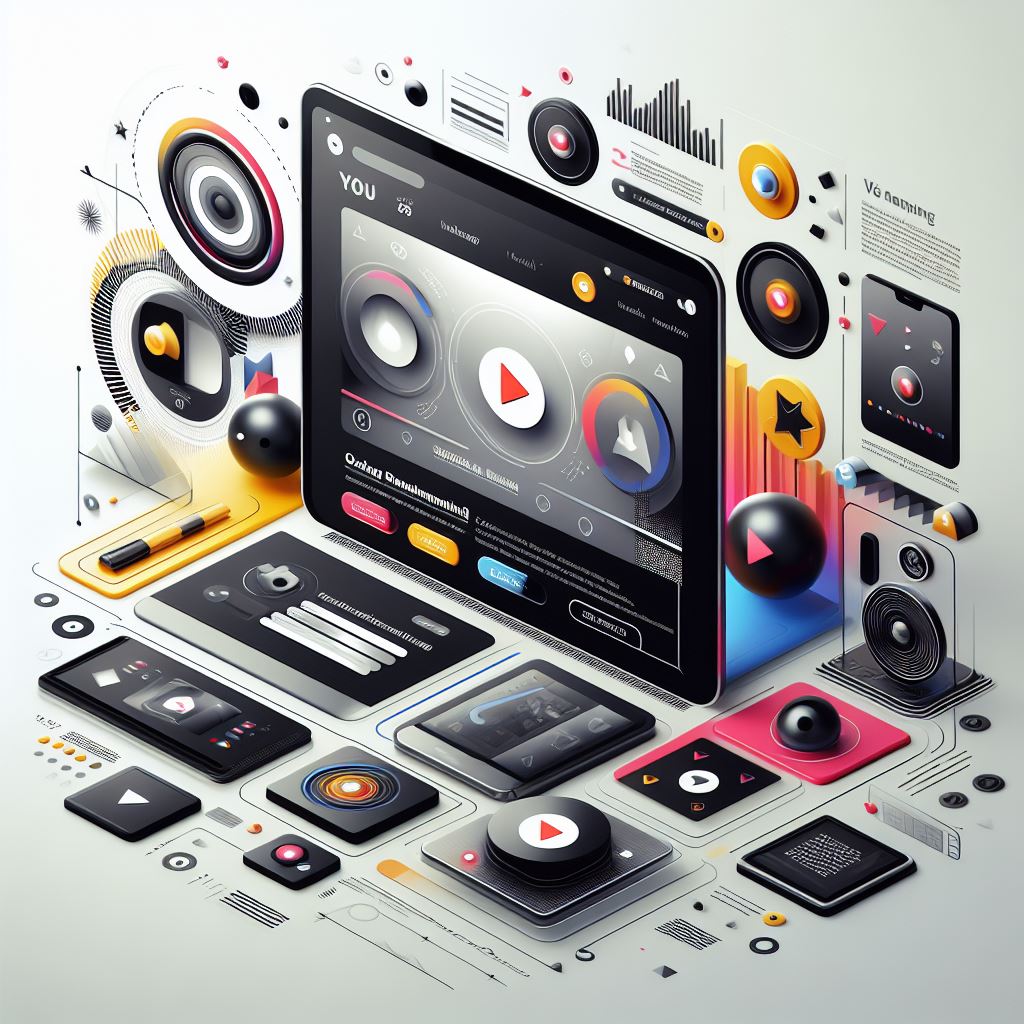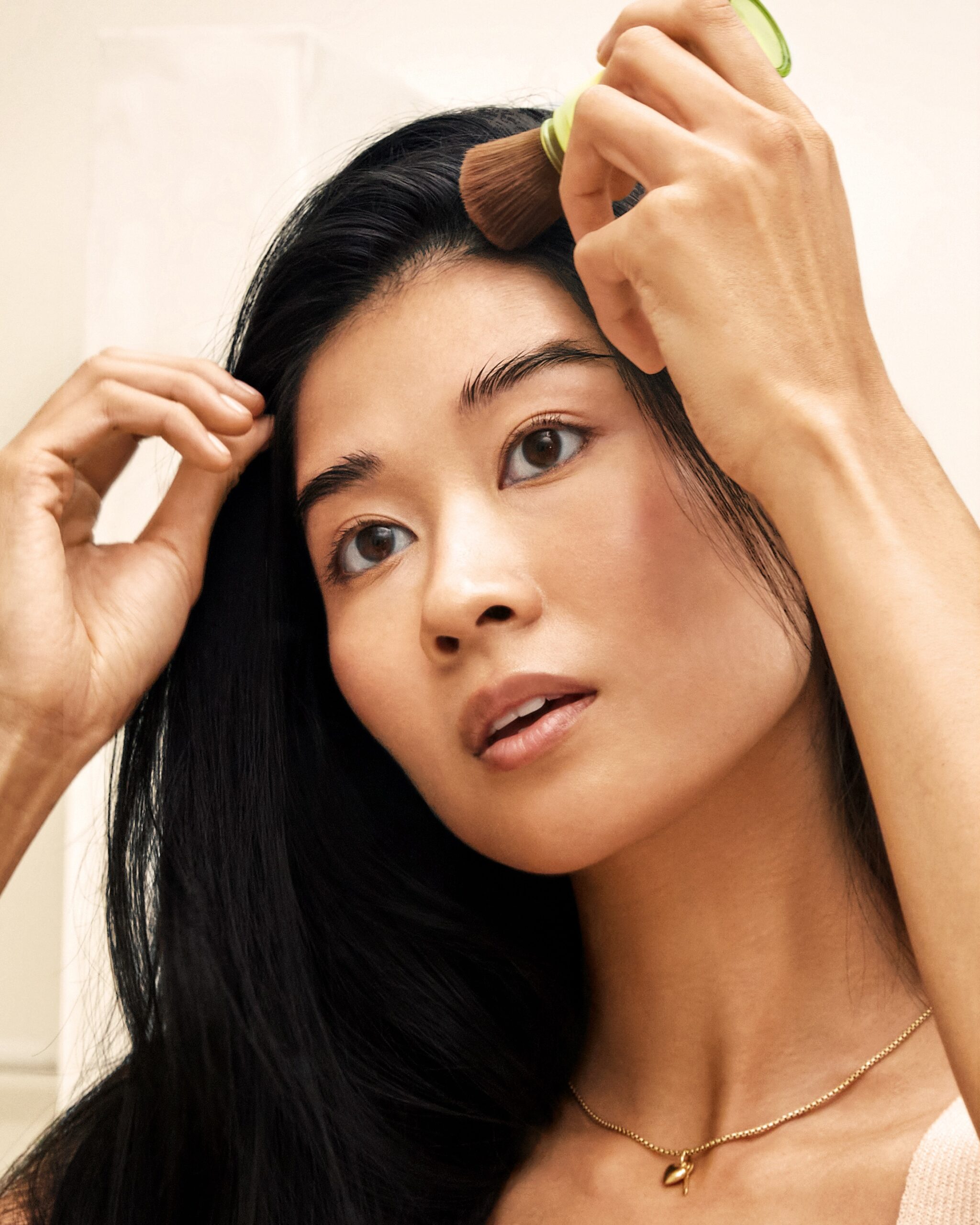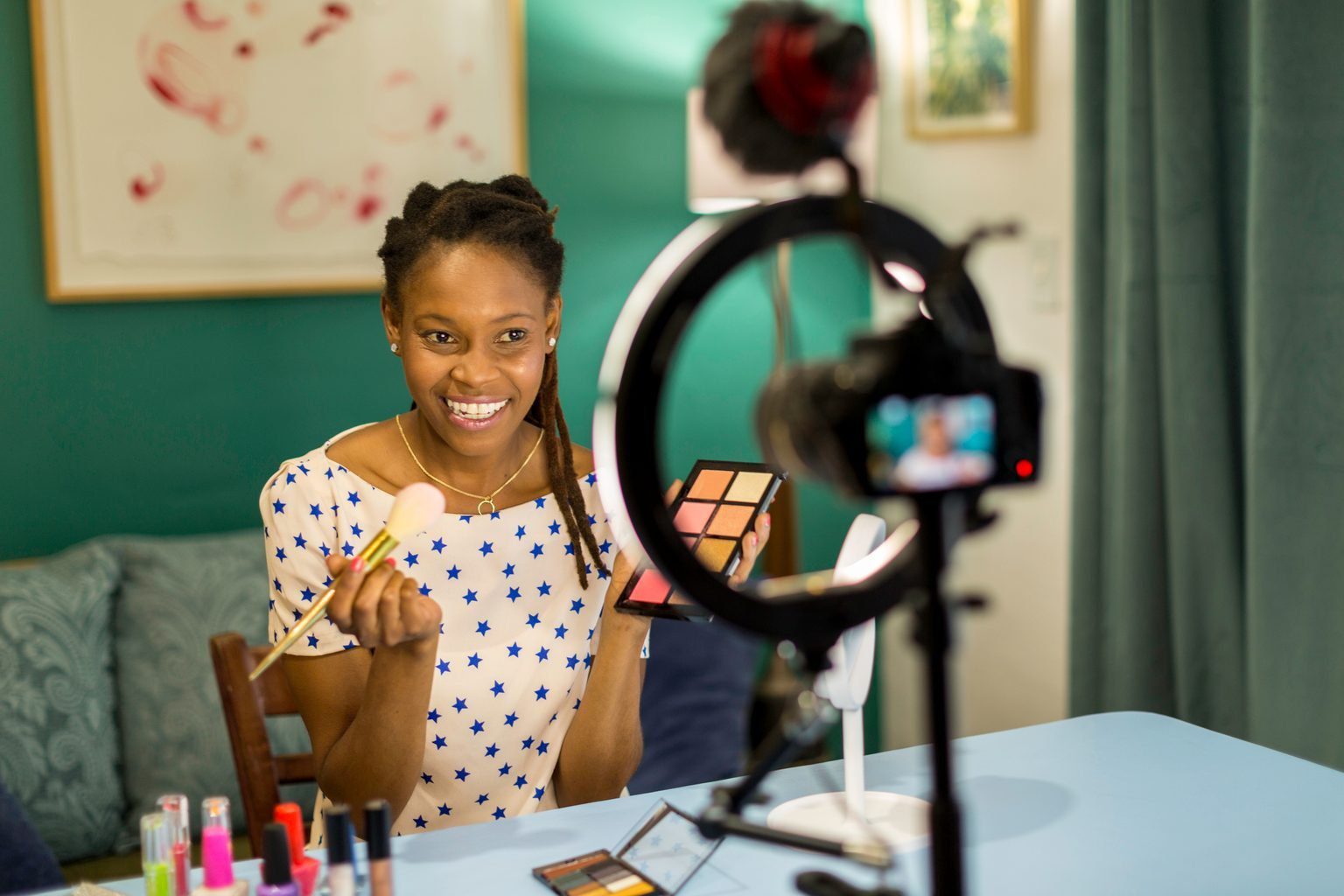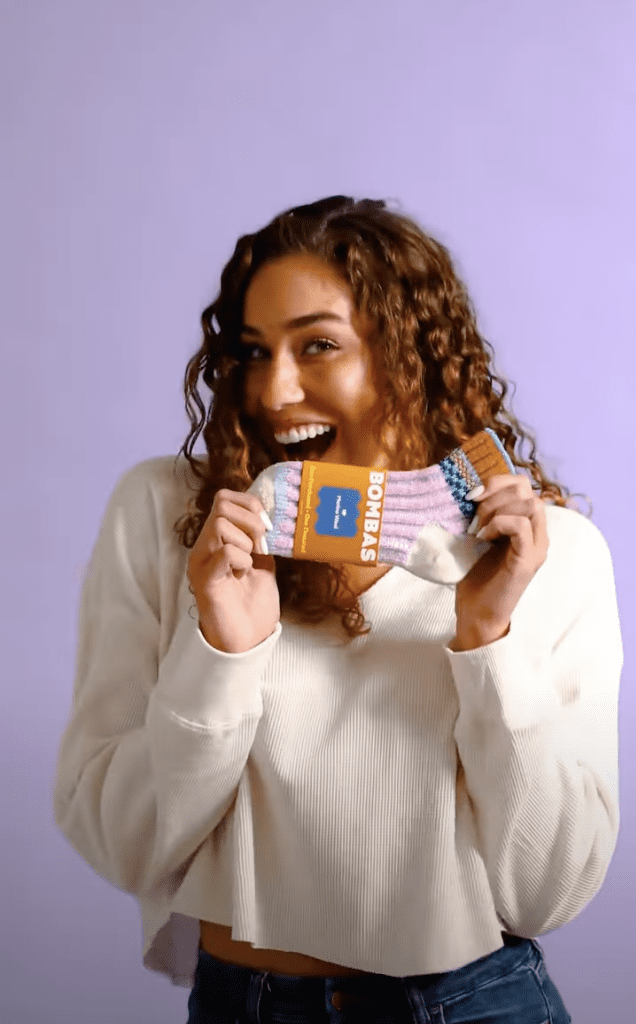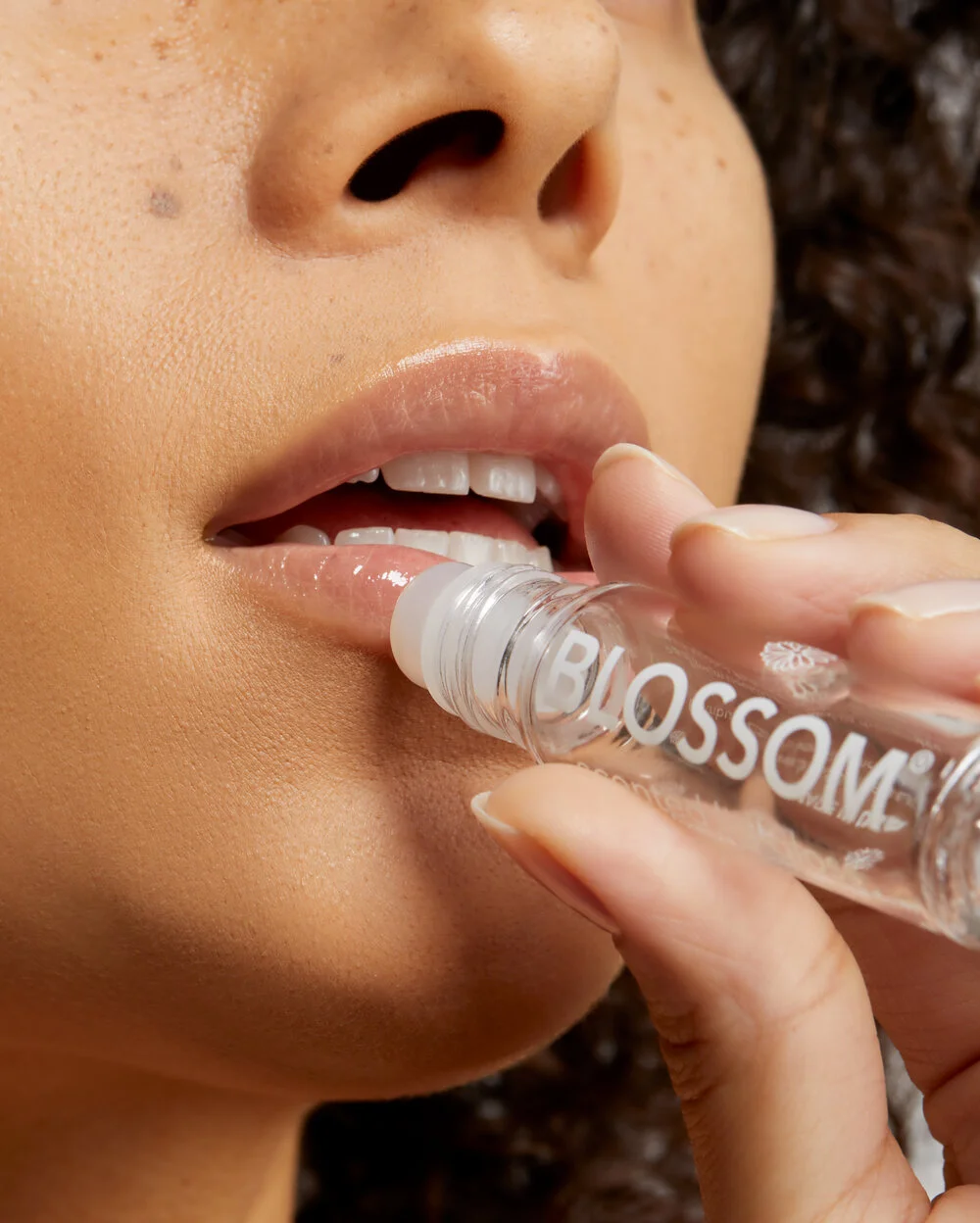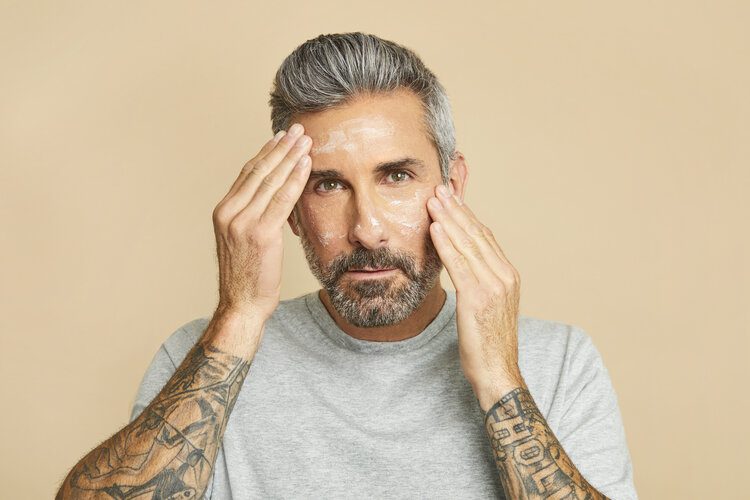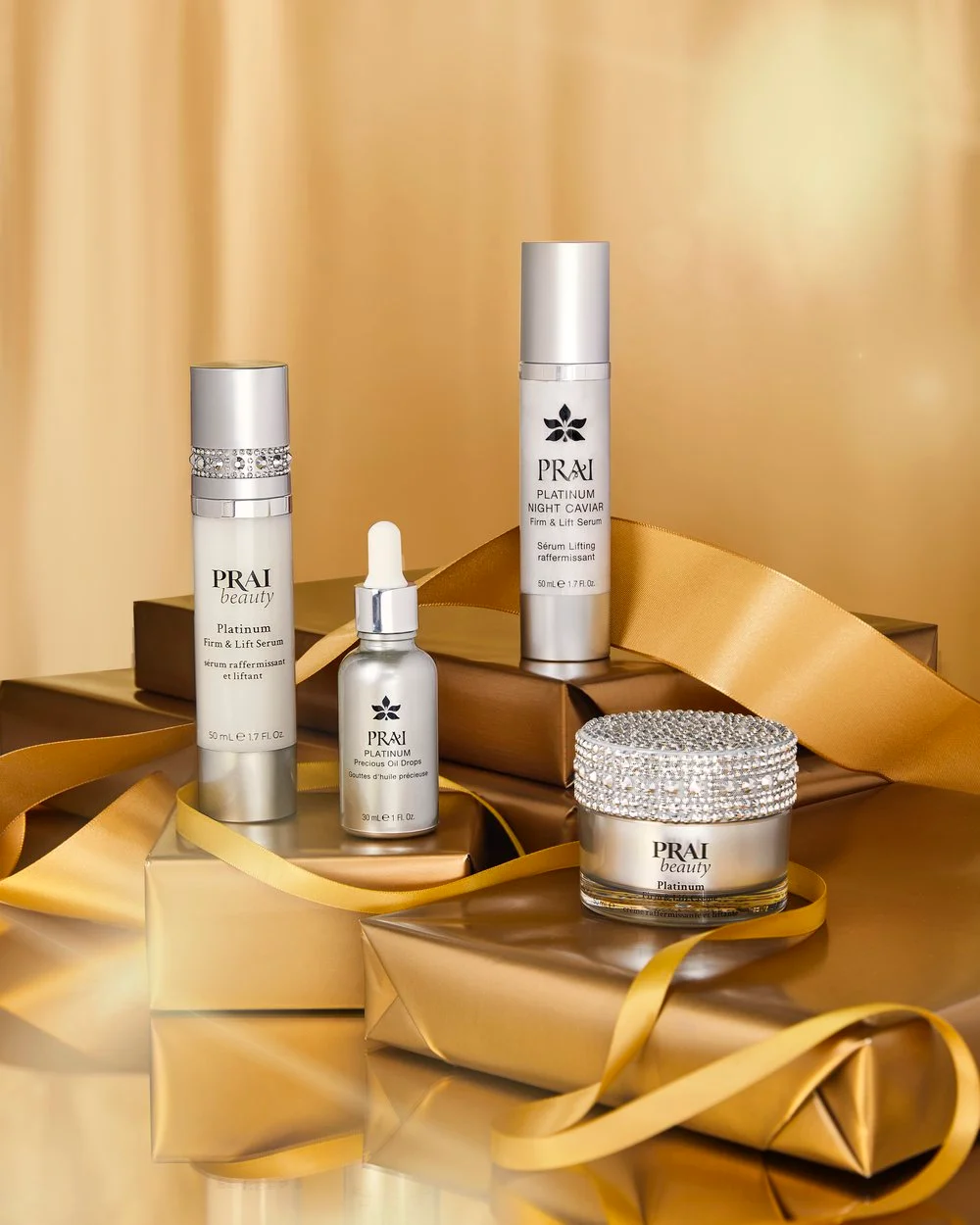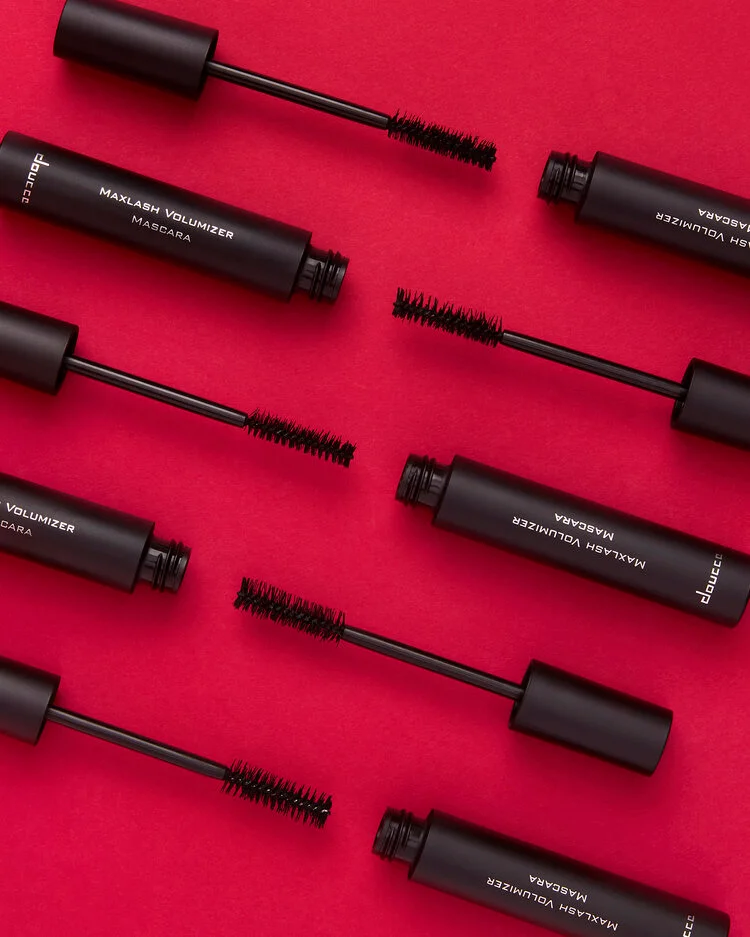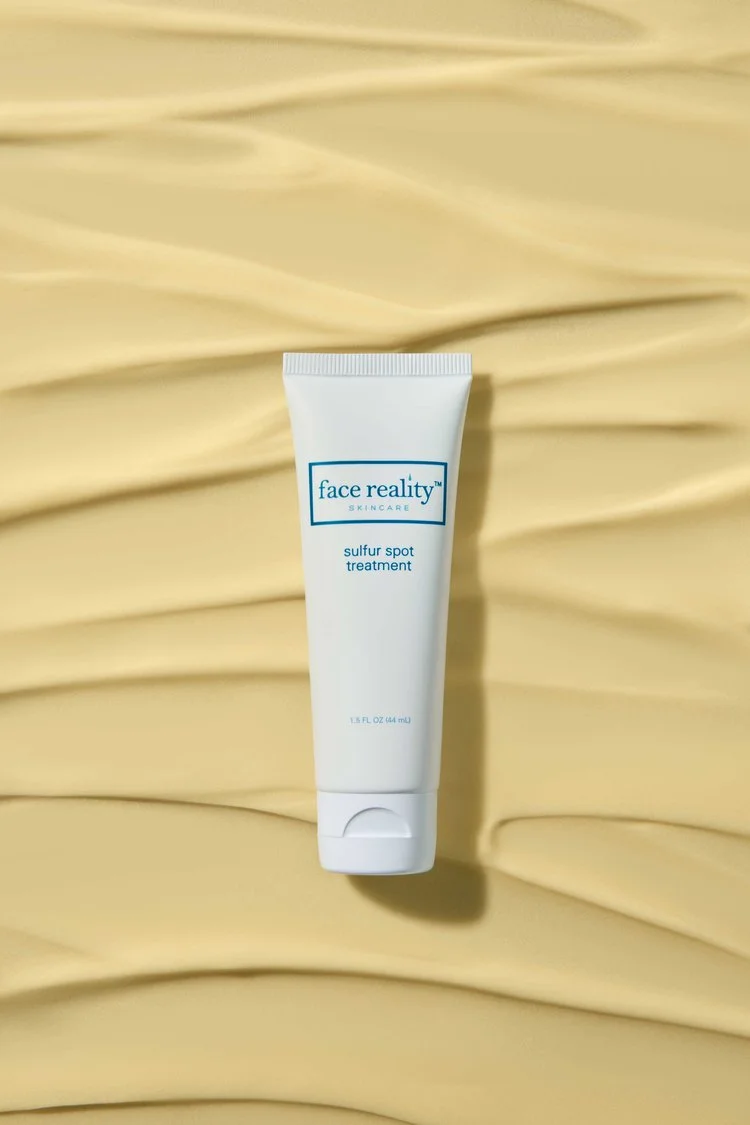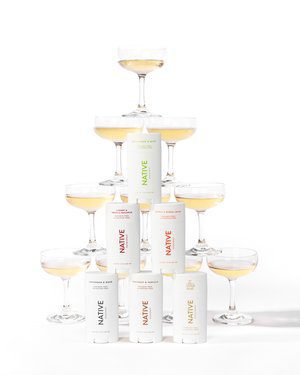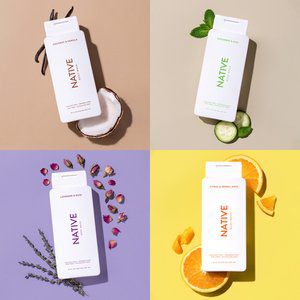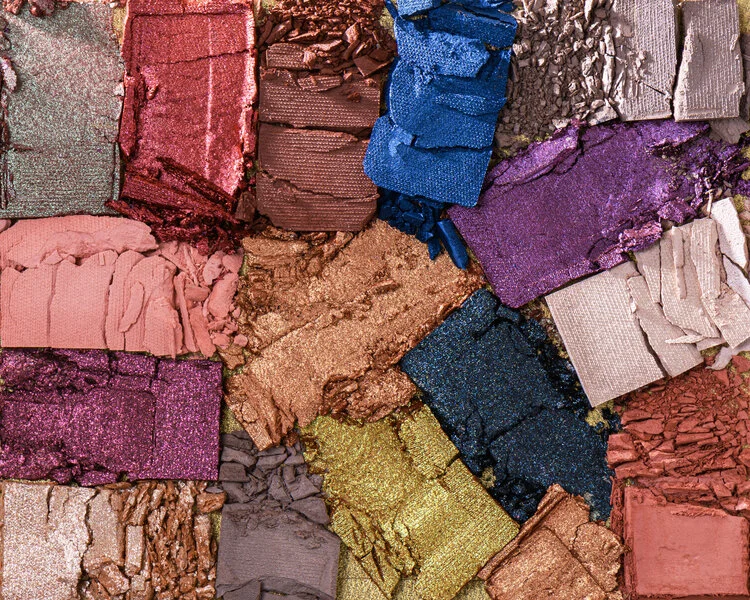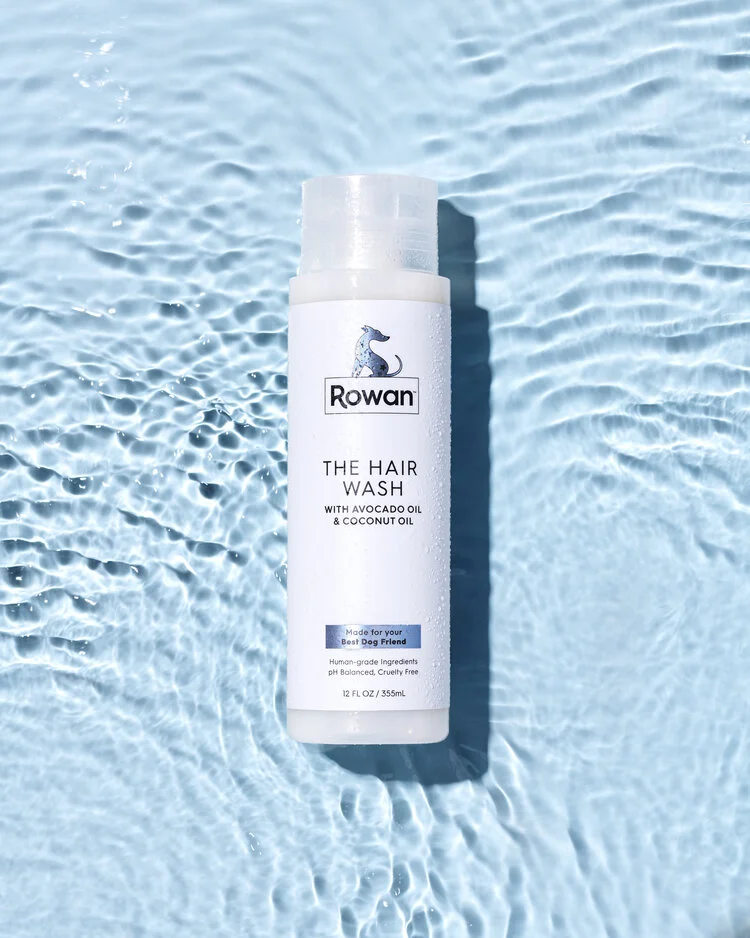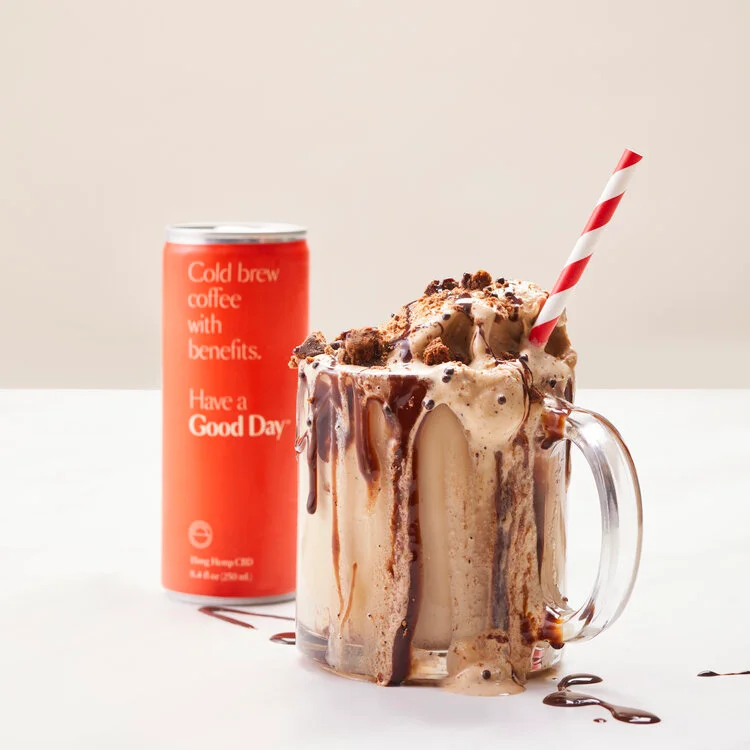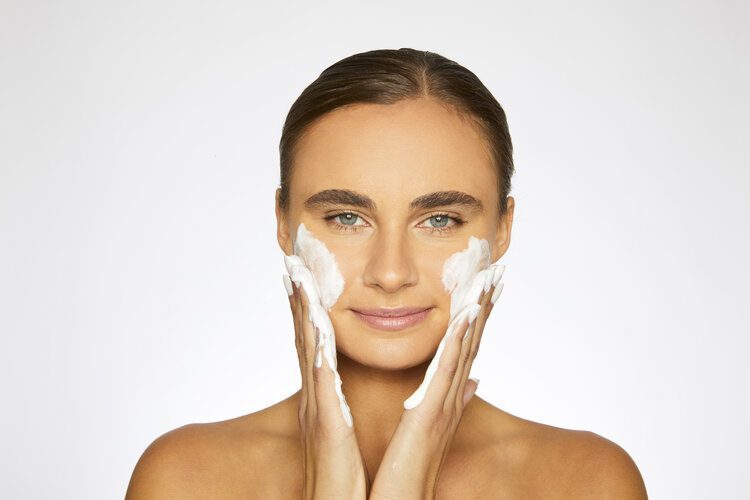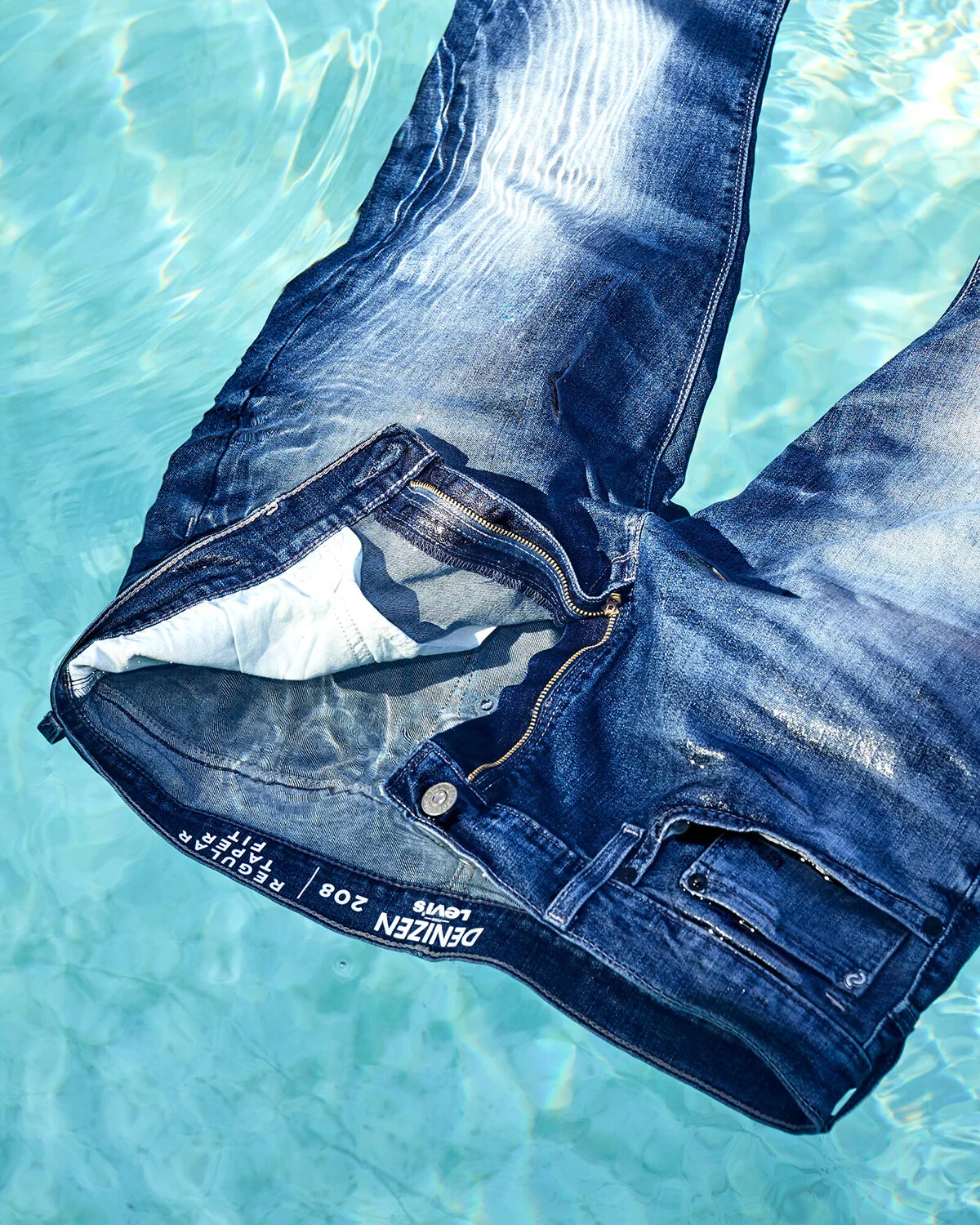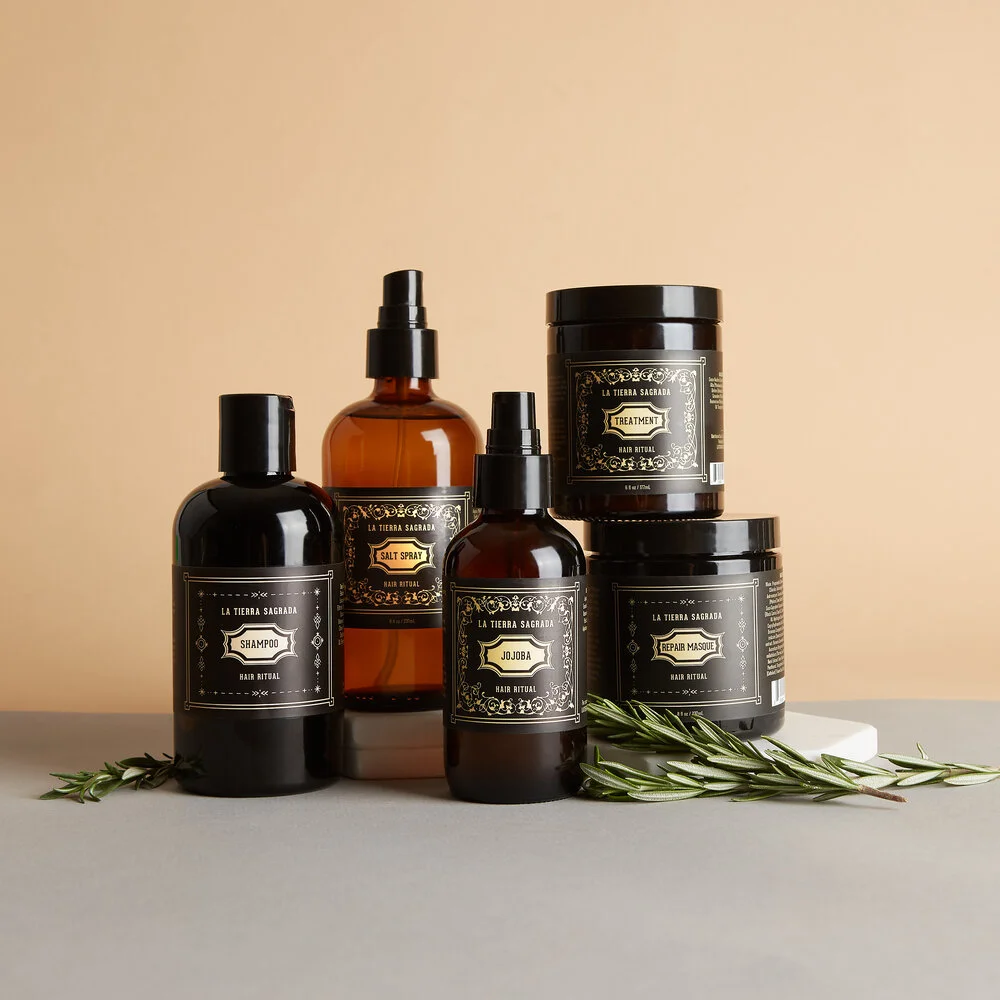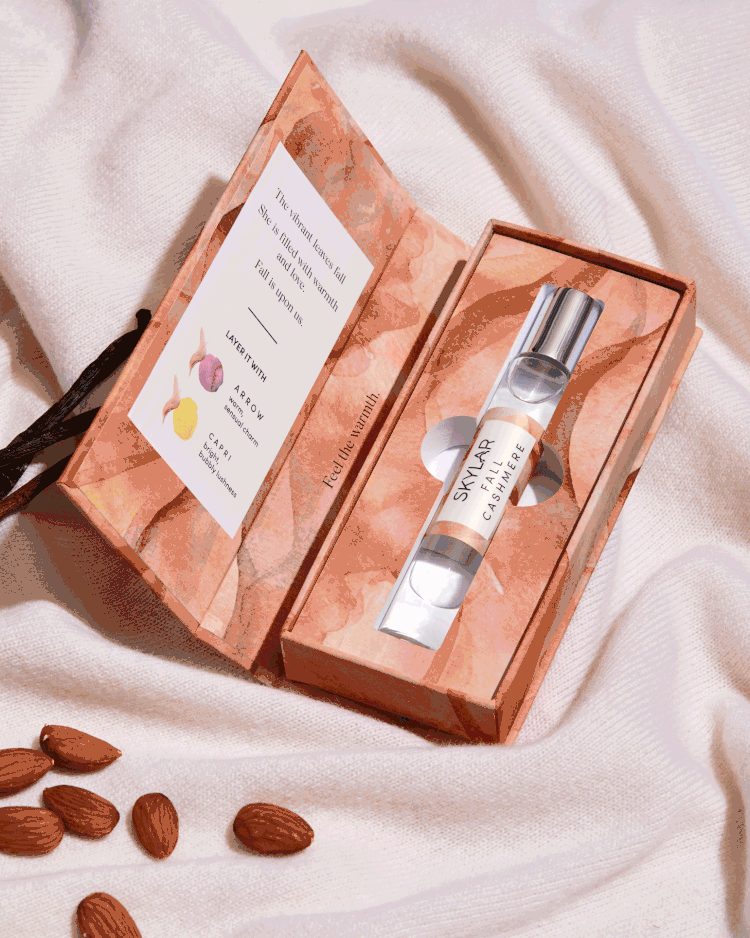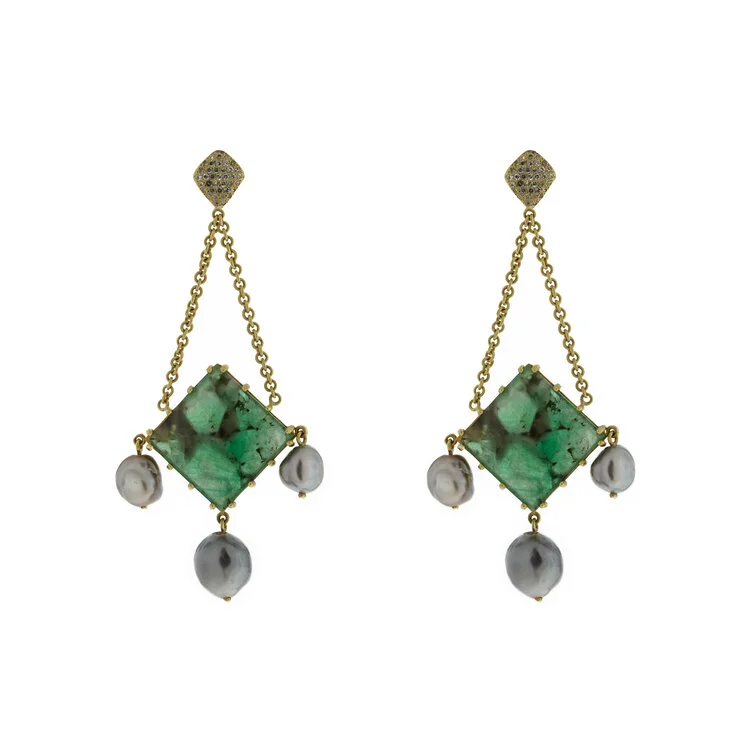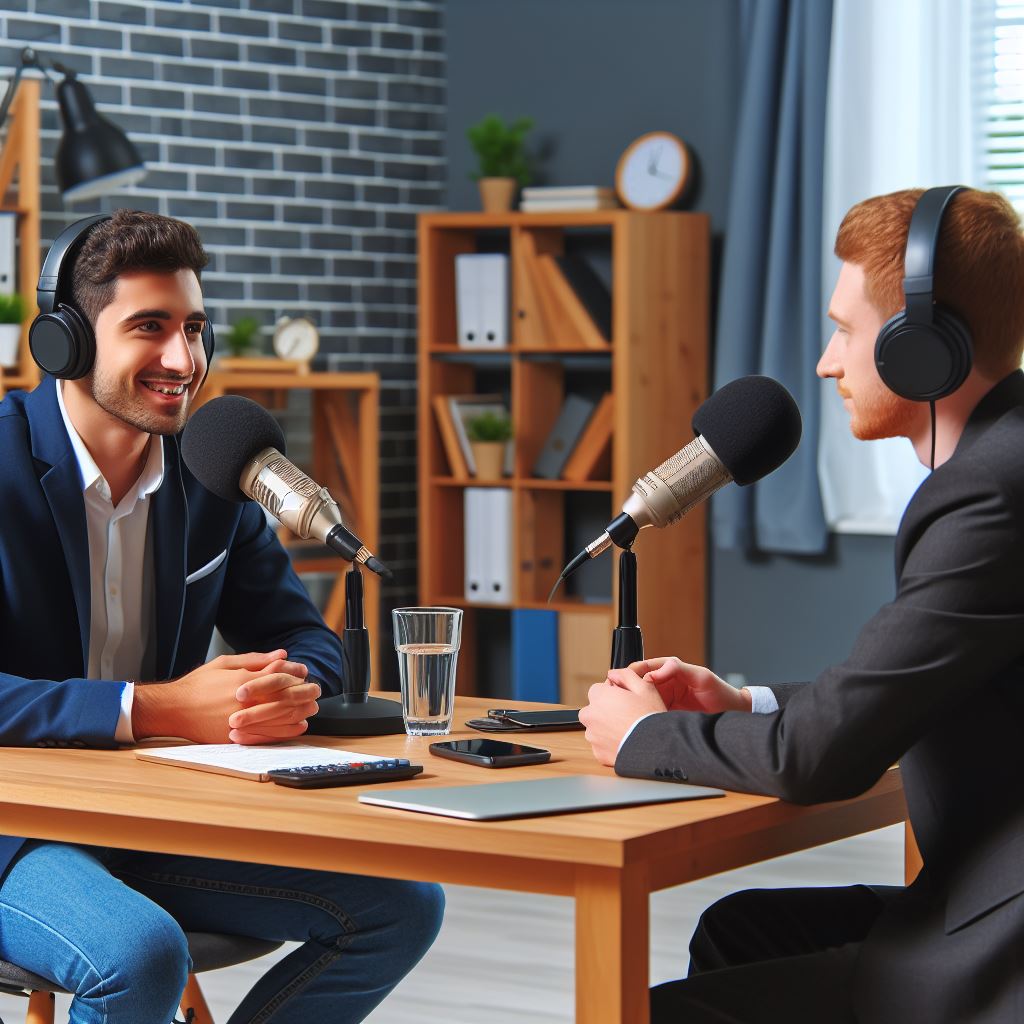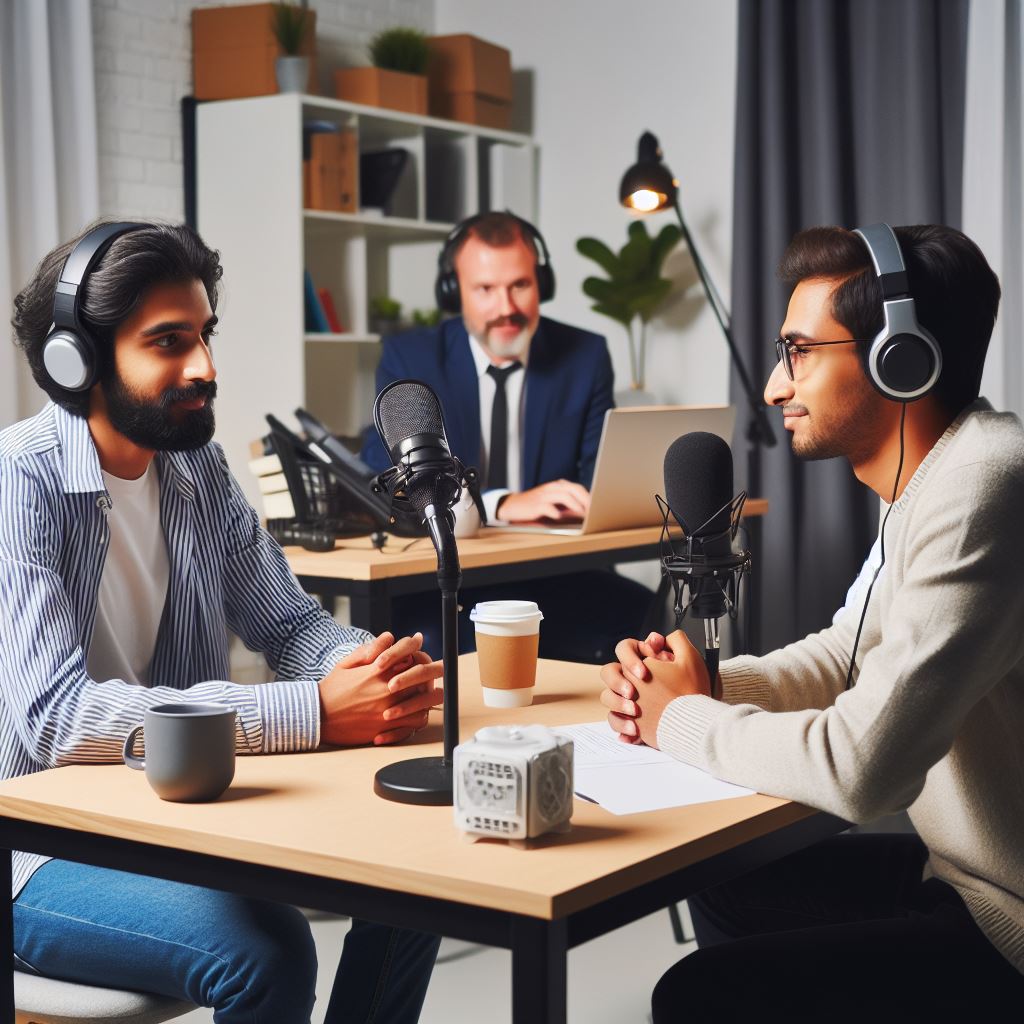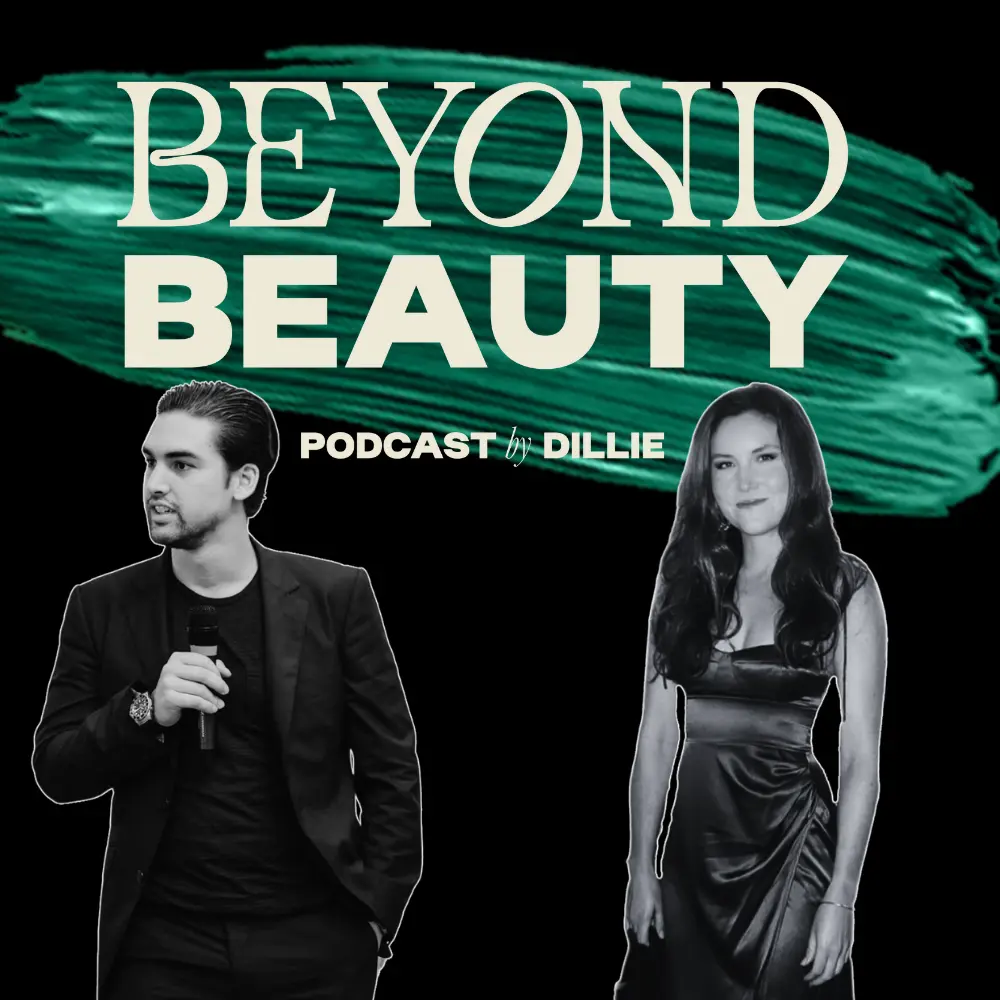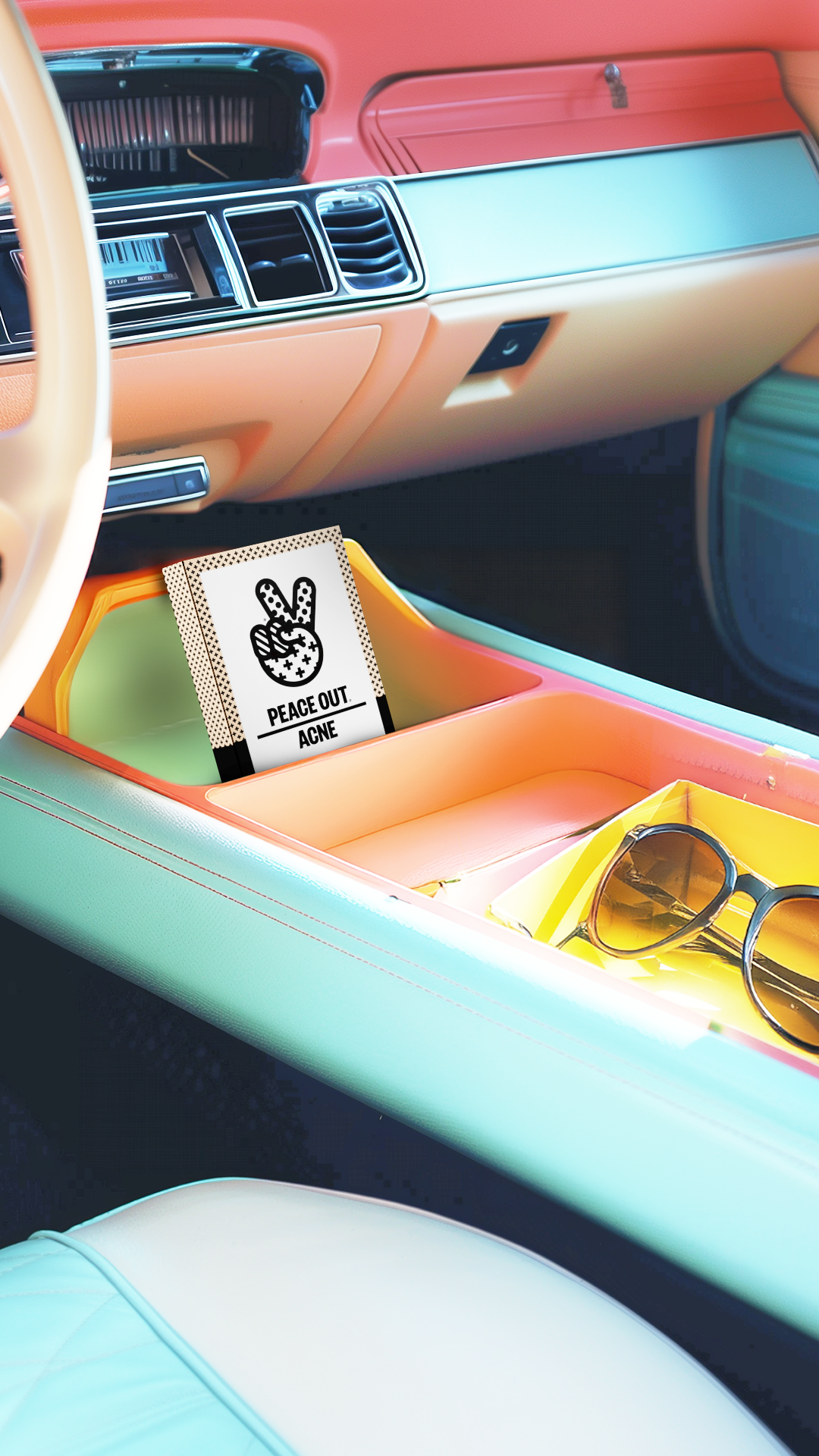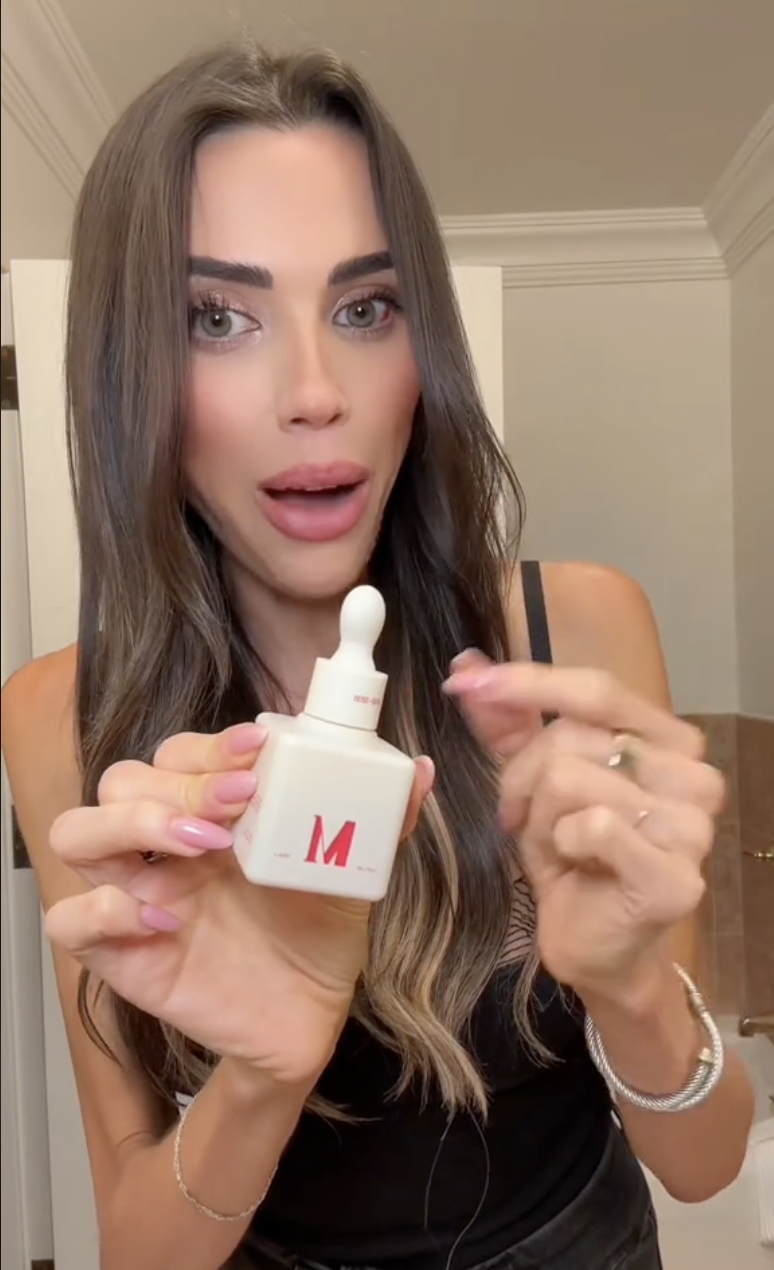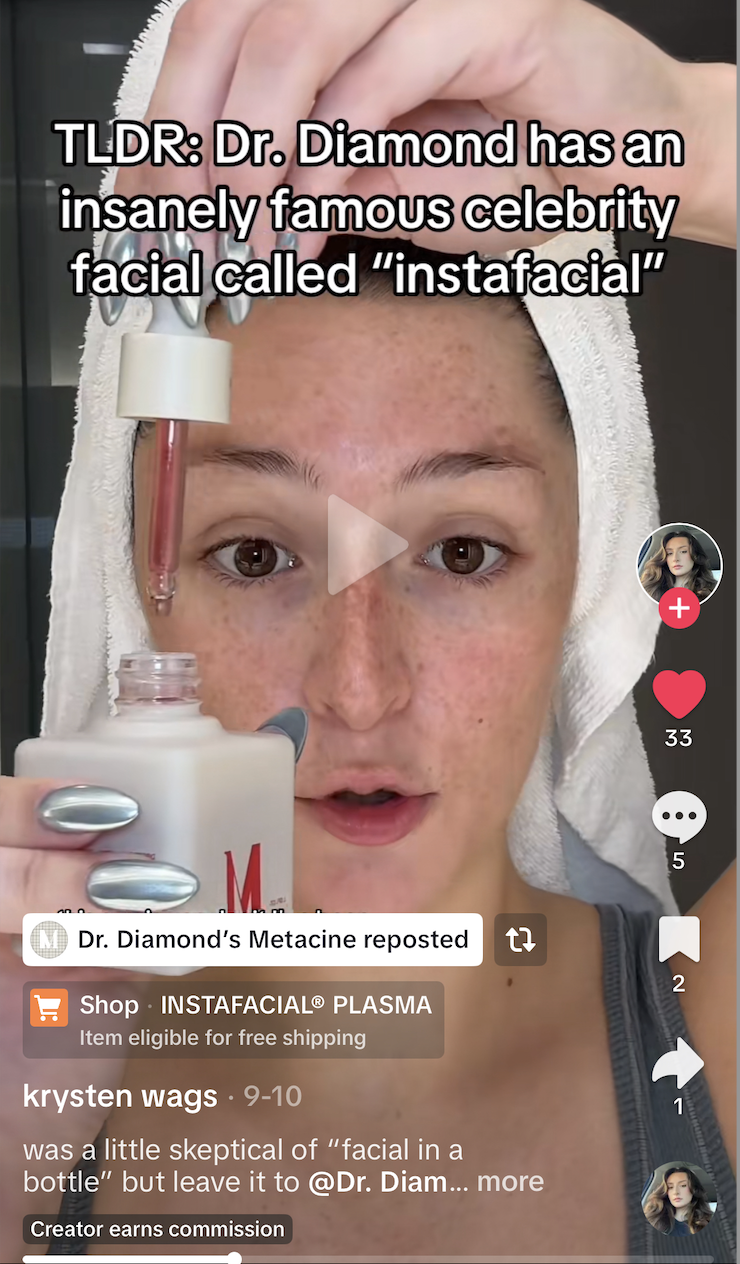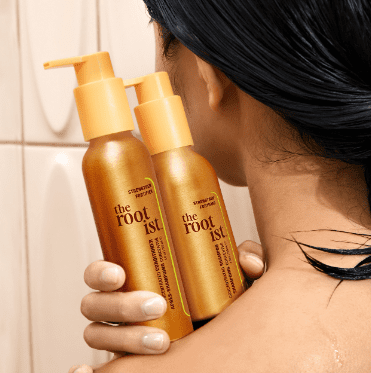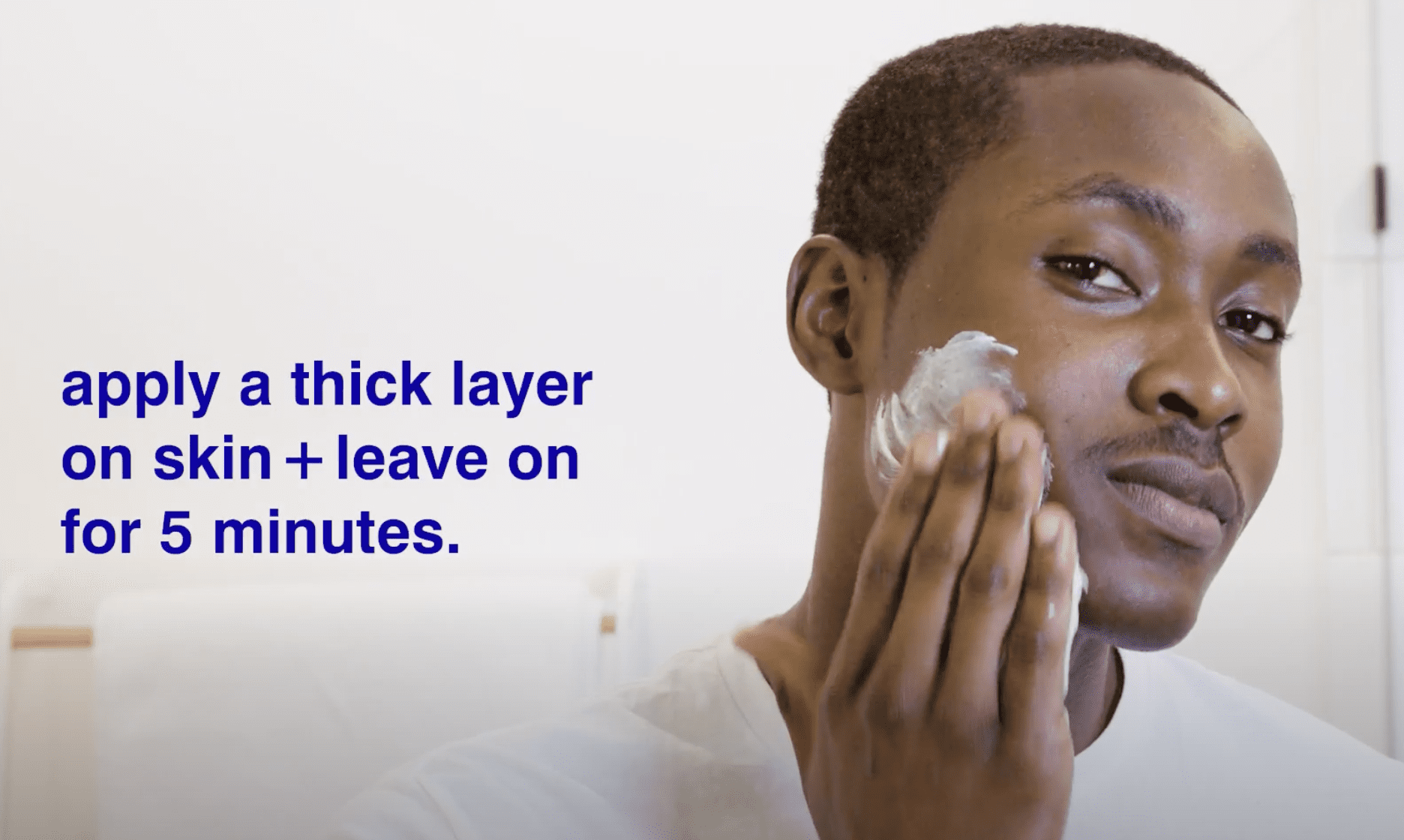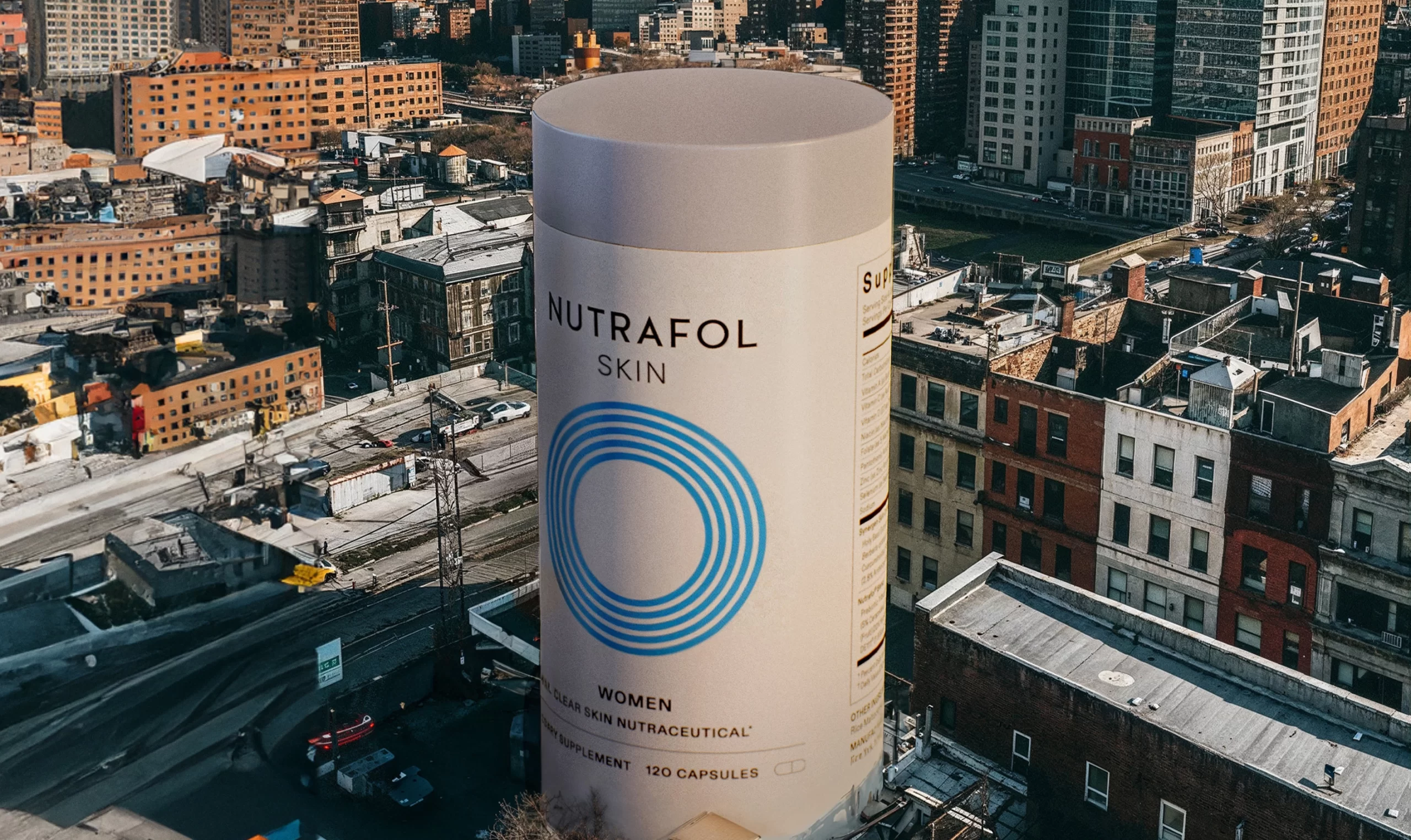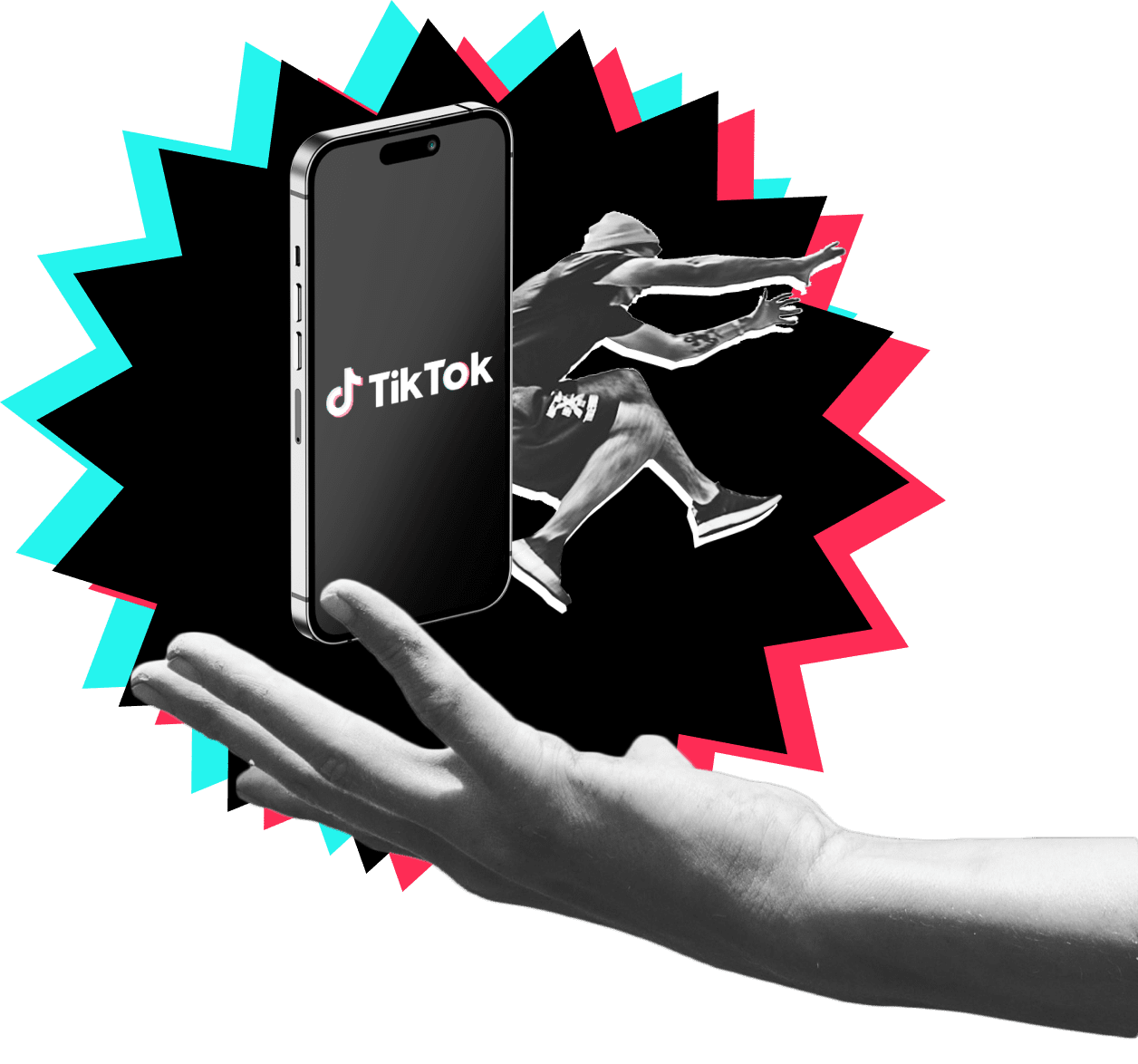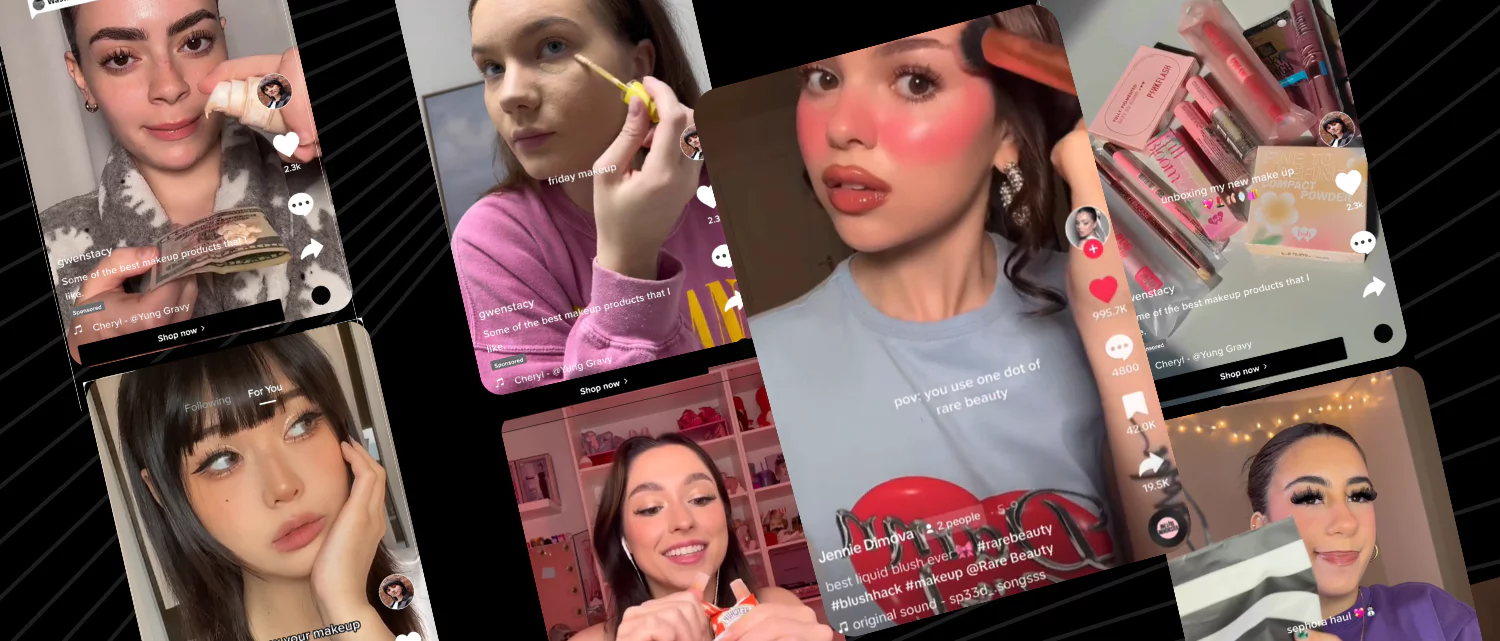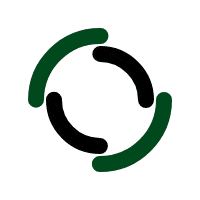In this episode of the Beyond Beauty Podcast, we delve into the inspiring journey of Anna Reid, the founder of Nimbi, a brand dedicated to creating plastic-free razors. The conversation explores Anna’s extensive career in fashion, publishing, and e-commerce, leading up to her entrepreneurial venture in the beauty industry. This blog post will break down the key insights and actionable advice shared by Anna, providing a comprehensive guide for listeners and readers interested in sustainable beauty and entrepreneurship.
Introduction to Anna Reid and Nimbi
Anna Reid’s career spans nearly two decades, with significant roles in branding, marketing, and product development across various sectors. Her portfolio includes work with major companies like Brewdog, LVMH, Stella McCartney, and Unilever. Anna’s journey from the fashion industry to founding Nimbi highlights her commitment to sustainability and ethical practices in the beauty industry.
Career Beginnings in Fashion and Publishing
Anna’s career began in fashion publishing, where she worked with prestigious publications like Vogue. Despite her initial aspirations in art, she quickly realized that the fast-paced environment of fashion was a better fit for her dynamic personality.
The Shift to Brand and Product Development
After her time in fashion publishing, Anna expanded her expertise into brand and product development. She played a pivotal role in growing a startup in the kids’ fashion sector to a remarkable $30 million, learning the intricacies of crafting a brand and understanding customer connections.
The Beauty Industry Landscape
In 2014, Anna entered the beauty industry, witnessing the rise of social media and indie brands. She emphasizes the challenges of maintaining a brand’s position in a saturated market and the need for continuous innovation.
Founding Nimbi: A Vision for Change
Anna’s desire to create her own brand stemmed from her experiences in the industry and a strong urge to build something aligned with her values. Nimbi was founded with the vision of creating a plastic-free razor that is both aesthetically pleasing and environmentally responsible.
Challenges in Product Development
The journey to launch Nimbi was fraught with challenges, from sourcing sustainable materials to navigating manufacturing complexities. Anna candidly shares her experiences of trial and error, including the difficulties of working with novel materials.
Marketing and Consumer Engagement
Anna discusses the pre-launch phase of Nimbi, highlighting positive responses from retailers and the importance of building a community around the brand. She also addresses the challenges of launching a disposable product in a market moving towards sustainability.
Mentorship and Personal Growth
Anna reflects on the importance of mentorship in her journey, both as a mentee and a mentor. She emphasizes the value of guidance and support in navigating the entrepreneurial landscape.
Reflections on Entrepreneurship
Anna shares her experiences as an entrepreneur, highlighting the sacrifices and dedication required to run her own company. She emphasizes the importance of resilience and self-care for long-term success.
Looking Ahead
Anna shares her vision for the future of Nimbi and her commitment to creating a positive impact in the beauty industry. She invites listeners to connect with her and follow Nimbi on social media.
Conclusion: A Legacy of Positive Change
Anna Reid’s journey from fashion to founding Nimbi is a testament to the power of perseverance, creativity, and a commitment to making a difference. Her passion for sustainability and ethical practices in the beauty industry is truly inspiring. This episode of the Beyond Beauty Podcast encourages us to think critically about the products we use and the impact they have on our world.
Podcast Transcript
Speaker 1 00:00:01 Welcome to the Beyond Beauty podcast, a platform to highlight the beauty industry’s talent, deconstruct their learnings and spark ideas for your own business. The Beyond Beauty podcast is created by Dillie, the leading creative agency working with the fastest growing brands and beauty. Here, we’ll interview guests from major beauty corporations, creative directors, influencers, founders and risk taking entrepreneurs. Our guests are not only changing the traditional beauty landscape, they are also innovating in ecommerce, branding and digital marketing. Join us as they share valuable advice, how they launch their businesses and most importantly, ignite thought provoking conversations across beauty, tech and marketing.
Speaker 2 00:00:46 Hi everyone! We’re so excited to have Anna.
Speaker 1 00:00:48 Reid on the Beyond Beauty podcast. So Anna, thanks so much for coming out to share your founder’s story and your career journey with us today. Hi.
Speaker 3 00:00:56 Hi, everyone. Yeah, thanks for having me. excited to be here.
Speaker 1 00:01:00 Anna is the founder of Nimbi, the razor brand, driving to make shaving aisles, hotel rooms and even medical theatres beautifully plastic free.
Speaker 1 00:01:08 As a brand and product development specialist, she brings nearly 20 years of experience in branding, marketing and product development to the table. And as expertise spans beauty, fashion, lifestyle, food and beverage and tech. The focus on 360 brand development and future focused consumer design. She has played key roles in pivotal projects and contract positions for both established and emerging brands. Impressive, diverse portfolio includes serving as Chief Brand Officer of BrewDog and leading strategic projects for LVMH, Stella McCartney, Unilever, IBM, Fred Perry, Harris, Appleton, Monika and Bender and Hetfield Place. And as commercial creativity and extensive experience make her a valuable asset in the world of brand and product development. Amazing, Anna, we’re so excited to have you here today. So let’s go back to where it all started. How did you start off your career? How do you get started in the beauty industry? Take us back to the yeah.
Speaker 3 00:02:03 I didn’t yeah I didn’t start in the beauty industry. I actually got started in magazines essentially. So in fashion and again my career has been a bit long and we had a much more, yeah, bigger kind of industry in publishing.
Speaker 3 00:02:20 So that was what everyone wanted to get involved in the magazine. And I took upon and met someone at a party who I made a beeline for, who was fashion director of a not classy magazine called FHM. I don’t know if you remember it or it’s not really your generation. And I was, yeah, I started my career in a fashion cupboard for men’s fashion. I then hustle hustled. I did some editing in that magazine, and then through that work to doing some sub editing at Vogue, and had a very brief career in art, which lasted two weeks, which was a whole kind of nightmare. And then I went back into publishing, and it was through that I made a jump into this kind of new world of e-commerce, and that was my first editorial kind of jump into the commercial world. So that was like 2007 or something. So yeah, it’s a long time ago.
Speaker 1 00:03:15 How did you make that jump into e-commerce and move away from were you moving away from fashion or getting into a different vertical within e-commerce, or are you moving into the of e-commerce?
Speaker 4 00:03:26 It was.
Speaker 3 00:03:27 So I just remember my first day at Emap where we had redundancies around me as I’m like, like bright eyed, bushy tail going in and like I’m packing on my desk and then everyone’s packing their desks up and I’m like, okay, so this whole internet thing is like really gonna, like, take off. So I yeah, I had a brief stint at Christie’s, which was hilarious because I really thought that I was going to have an art career, and I went there and it was very snoozy, very slow. And I actually damaged a painting which was, oh my God, I just.
Speaker 1 00:04:03 I was.
Speaker 3 00:04:03 Just like, I was dealing with this really expensive painting with these white gloves. And I was being so cautious. And then I’m like, do you know what? It’s just not for me. Like I’m not a careful, slow person. So I went back to iMap and then through that I just made lots of connections really. And I knew I wanted to get into e-commerce, and I knew that like Net-A-Porter at the time was like the place breaking boundaries.
Speaker 3 00:04:28 And I can’t remember how I was connected with Carmen Biscay, but she was the founding investor of Net-A-Porter, so she is the most prolific investor visionary, 20 years ahead of her time. And I met her and she offered me an editorial position there, and it just was like the biggest, like the most amazing opportunity working with incredible designers, artists, artisans, interiors and she taught me a lot. So that’s really where I started. My sort of commercial drive really was working with Carmen.
Speaker 1 00:05:02 So incredible. And they really curated brands, and they were bringing like these indie brands to the forefront, but also making it more mainstream to be able to access all these different types of apparel. Right. It used to be like you had to go to big cities to shop certain designers, and now you could go through your computer and eventually phone and get things. And we’re even now seeing same day delivery. So yes, they really made a difference in. Yeah. And fashion.
Speaker 3 00:05:25 I was crazy as well at the time.
Speaker 3 00:05:27 You had like luxury when it’s inverting what we understand as kind of luxury goods, which yes, it’s all about the cool labels and the kind of the big houses. But ultimately luxury is about slow craft and personalization. And I think that was so far ahead of its time. And we had gave clients like access to all these amazing designers and having something bespoke made that was a beautiful piece of.
Speaker 1 00:05:52 Hardware or something that you’re not going to see on everyone all the time. But it’s it’s that’s the definition of luxury is it’s not everywhere.
Speaker 3 00:06:01 Yeah. And it was a very different world for me because I was very rough and calm and polished me a lot. I would say I remember, yeah, it was cringe. I look back, I was absolutely clueless. I’m like genuinely never, ever. Even though I worked in fashion, it was just not at all really my world in terms of like understanding and yeah, having access in any way or having any, yeah, finances to even understand that world.
Speaker 3 00:06:27 It was a great opportunity for me to learn about business and see how she operated on such a high level, and having that kind of aerial viewpoint of such a global perspective on what’s going on in all industries. It’s not just about fashion, it’s not just about design, it’s about what’s going on culturally. What are the advancements in tech? Where’s money moving? And I think that just absolutely inspired me to get going, really. And I knew I needed to be involved in creating businesses. And yeah, that’s where I started the whole ecosystem.
Speaker 1 00:07:01 It’s like how everything is involved and the world is much smaller than we think it is. And something over here can really change something over there. Yeah. So it’s really about seeing the big picture and not just looking at some specific vertical. So how did you then move into brand and product development and eventually found your own company?
Speaker 3 00:07:19 I know, yes, it has been a bit of a long journey. I say from couture lab. I then went to join an like when I say startup there was no employees.
Speaker 3 00:07:31 I actually still can’t remember how I even walked through the door or whether it was even a job ad, but I remember being like, okay, there is nothing. There is literally like nothing. I think here’s why. So it was a kids fashion site and I think his wife had a showroom, so there was some legit kind of operation happening. But again, I was I knew that I needed to start something out of nothing. And they had like initial investment and we grew that business to 30 million. And I learned so many things. I relaxed variance and I was still like in my mid 20s. So yeah. And then from that I learned really about how to craft a brand, really how to have connection with customers. And I knew that was really my calling. I really understand people. I really that’s where my sweet spot is and developing brands. And I think just every role that I’ve had as being a like around the sort of brand direction, how to really refine and crystallize whatever that vision is at the founder.
Speaker 3 00:08:33 So really, I’ve just honed my experience really working on the founders, trying to like, really understand what their ambition is and how to match that and how to go and get that executed. So that’s what I did. I did a repeat. I think you’ve seen.
Speaker 1 00:08:48 The brands and the business start, and you’ve also seen how they’ve scaled. And I think those are two very different skill sets. And someone today earlier we’re saying anyone can start a brand right now. Right. Anyone can say I’m going to open an LLC, I’m going to have a website and a Shopify site. I’m just going to start on TikTok and Instagram. But it’s very difficult to scale and grow a brand, especially in a very saturated world across multiple markets. So I’m sure you’ve seen the best practices and the highs and lows of going from small brand to a big business.
Speaker 3 00:09:20 Yeah, I think that 0 to 30 million is obviously a massive graft and very difficult, but there’s nothing harder than 30 upwards. I think my next task was that and going to a business that was already doing really well and needed a serious brand shakeup, up and they had like such big international ambitions and it was in a totally different arena.
Speaker 3 00:09:46 That was jewelry I worked for with Monica Avenida, another amazing visionary, amazing creative. So yeah, these people are very unique and I think that’s the only the red thread of like people that I’ve seen succeed have such a real deep connection with their customer. And then from that task, I was like, I need to get into beauty. If there’s one area, if I’m honest, I feel guilty because fashion is so competitive. It’s such an amazing. And, you know, particularly in my era, it was like the one industry that everyone to get involved in. And I really went through that process to get to hone my writing skills and editorial. It wasn’t really my arena. Whereas, yeah, beauty was a much more natural place for me, and that’s where I absolutely found my groove of creating products, thinking about different brands and different customers, understanding trends, having a separation between me and my taste and what I believe people need and want. It’s a very gratifying kind of industry, to be honest, and there’s so much scope.
Speaker 3 00:10:50 So yeah, that’s where I moved on to from that, which I think was like 2014. So yeah, ten years ago, I.
Speaker 1 00:10:56 Mean, a great time to be diving into the beauty industry in 2014. And there’s a lot of changes at the start of Instagram, and we’re seeing a lot of brands build their direct to consumer sites. And yes, this is pre TikTok with the there’s creators and influencers coming on the scene. Blogs are almost at their peak moment of driving these sales. YouTube. The one hour YouTube video of someone applying makeup to their.
Speaker 5 00:11:20 Faith.
Speaker 1 00:11:21 Don’t see those as much anymore, but that’s how everyone learned how to do makeup. That’s how people learned about their relics.
Speaker 3 00:11:26 Now they’re relics are.
Speaker 1 00:11:28 Now more than a minute on TikTok. It’s considered to be too long sometimes. So that was a powerful time in the beauty industry, and a lot of indie brands are entering the space, so what an exciting time to join it.
Speaker 3 00:11:40 Yeah, it was crazy. And also living through brands that were like untouchable and then also see them collapse.
Speaker 3 00:11:47 And actually that always I feel sad for those founders that have developed and built something with the spread like wildfire and everyone’s obsessed with. And again, that’s where the learnings of like how to maintain a brand is such a such a hard thing. Everything’s hard. So I never think I always say nothing’s easy, even when I internally I’m like, oh, that’s a doddle. But like, nothing is easier when you want to do it right. And I think a lot of these founders who had crazy success on social media and had an absolute viral result, and even big brands like Becca I’m thinking of, it was just incredible to see that a brand that’s so untouchable can, like, face that demise. No one is safe in this industry, and it’s a hard thing to maintain that love and sense of position in the industry.
Speaker 1 00:12:35 And a lot of people think once you have that one hero product or it becomes like the number one skew in a product page on sephora.com, or everyone’s talking about it, or like an influencer with 10 million followers is using it, and their get ready with me is that they’ll stay in that that space for forever.
Speaker 1 00:12:50 But you have to be as offensive as you are defensive in the world of beauty, because there are so many entry opportunities for these indie brands to come. And heritage brands, I think, are getting smarter of how to stay competitive. But it’s a dynamic space that’s constantly changing. So once you’ve reached the peak, you have to keep defending your position as the number one product or the number one brand. It’s tough. Tough. Yeah. So how did you seeing all this competition and the work that it does to build these brands. What made you want to start your own brand? Probably seeing the highs and often the very low that come with building and starting something.
Speaker 3 00:13:29 So I think that genuinely I Again, I think there’s a lot of rhetoric. You have to start young again. Like there’s a lot of pressures, particularly on women of music industry. And anything that you do is this kind of fetishization of 30 under 30. You’ve got to do it quick. And I think for me, I’m a much more cautious person and seeing how to build, learn those mistakes and ultimately know deep down that I can succeed and fail.
Speaker 3 00:14:03 Like ultimately that’s what you want to learn and you want to do that under somebody else and in another company. But to be honest, what you realize when you are particularly in startup world and you are working for a founder and you are living and breathing it and giving blood, but not having the kind of the outcome that maybe the founder has in terms of success. So that that for me is I’m doing all this thing, these kind of responsibilities and having that accountability and never having a moment’s breath. And but ultimately, it’s not my brand. It’s not my it’s not my vision. Like whether that is genuinely I’ve worked across not just beauty, but whether that’s beer, nail polish or lipstick skincare. That’s not my vision, that’s their vision. And I think the challenge with that is always being the employee and the person responsible for the results is there’s only so much you can control. And I think there was a massive turning point in my career where I did a project for Unilever. I feel like I’m like, can I say that? Yes, I did a project for Unilever, and I felt this massive pang of guilt of what we were producing.
Speaker 3 00:15:16 It was a brand for Walmart. I really got into the kind of psyches the customers you do with any kind of product or brand that you’re developing. And really, when you’re looking at mass market from prestige. It is a different arena of where you cut corners. Whether that is, I’m not just talking the kind of the bottles and the packaging where you’ve got pet virgin plastic, you’re talking about the formulations and even the proposition and the synthetic fragrances. And it’s a I just didn’t want that to be my legacy anymore. And I’m like, I have all the tools, I have the network, I have the ideas. And I would love for my legacy to be a bit more positive than what it has been, even though there’s been some commercial successes. I would love to know that I’ve created something that’s ethically sound. It’s accessible. It is for the masses, but beautifully designed. And yeah, that’s where it started, really. But I’ve obviously been very cautious and it’s taken me a very long time.
Speaker 1 00:16:15 That’s smart because you’re able to build those skills, like you said, is like you were able to step back and say, I learned from the best. I went through experiments and trial and errors. You built the network and you built the marketing skills and the business acumen, and now you’re prepared to go and and do something wisely rather than just rush into something. And I love what you said is that you wanted to build a better, safer product for people in the world through formulation and not just whipping together any product just to dive into the vertical and space in e-commerce, but really just to build a better product, which is incredible. So how did you start Nimbi? Where did the idea come from? Were there different iterations?
Speaker 5 00:16:55 Oh, so many.
Speaker 1 00:16:56 Personal care route. I know that you loved beauty starting in 2014. Where did this one product category kind of spark your attention?
Speaker 3 00:17:05 I was working for a British beauty company that, again, they were sort of now specialists. And I think that again, in that era of sort of the Instagram era of a lot more of a wave of kind of e-com and fringe brands and trends that were like hyper speed, Spade.
Speaker 3 00:17:25 A lot of like bricks and mortar brands really suffered and particularly services as well. So I was looking at their business as a kind of freelance freelancer at the time, and I think what I was looking at is like all the resources that we had or the expertise and all of the kind of amazing sales contacts. So through that, we had a very different strategy of becoming a product business, but not just in the category that we’ve been doing for ten years, but also in we can make anything. So that’s where I started. We can talk to boots about creating a teenage brand in personal care. We can do all of these things. So we had five brands that we were developing all the same resource and it was very successful. And then from that I learnt about I was then not just looking at one category in a singular way. I like what are the color trends? And for color cosmetics it was more like what’s going on in skincare, what’s going on in personal care? And that’s where I got a more kind of a breadth of how to approach product development and brand development and really think about that being very holistic.
Speaker 3 00:18:30 So I was always looking at other categories and through that process, obviously, again, seeing what’s out there, you learn, okay, actually in mass market, people are getting a real rotten deal because these aren’t very good products and they are being over overcharged for a lot of stuff that isn’t good for the environment and not necessarily good for them. So that’s where I came into the shaving category. So I was like, this category has barely changed in 50 years. We literally have the same brands that have dominated that industry. It’s such a monopoly, which is not like any other area in personal care or in beauty. We then had Billy, I think actually it was around that time, 2017. But again, I’m like, there’s no IP, you’re not really. It’s a cool marketing story. And again, like no shades Billy, I absolutely love that brand. But I think it’s more about we can do more for the category, more for women and more for just generally like what is going on in culture and what’s going on in skincare and cosmetics.
Speaker 3 00:19:32 Look how much surveillance you have, like an incredible acceleration in scientific research, in tooling and skincare and color cosmetics is just unrecognizable where we were ten years ago. And I think we’ve shaving. It’s been really sleepy. So that’s where I was like, I want to create something that is plastic free. I want to do something that is beautifully designed, and ultimately I want it to be for the mass market and really accessible and ultimately solving a problem. So that was about five years ago. And I had honestly, when I say failures, I’m talking like I self-funded. Up until last October, I sold my house, I put everything, I still put everything into it. I’m still not sitting here today being like, it’s it is a very difficult process to do something sustainable. If we decided to, skincare would have been a very different process, but I think we wanted to create a unique design, utilize these novel materials, plastic alternatives and scale it commercially. One thing that works in a lab with like avocado stones, which by the way, we tried it failed, or a seaweed derived material.
Speaker 3 00:20:41 Those things, those things failed in the lab. And once you get not in the lab, but once you get into commercial production, it can. There’s all sorts of unseen, unforeseen kind of difficulties. So it’s been a very long process market.
Speaker 1 00:20:55 You’re already seeing the difficulties to produce and manufacture, and you’re not even at then you get into the market and then it’s a competitive landscape. And how do you go against the heritage brands? Wow.
Speaker 5 00:21:06 That is it is tough work.
Speaker 3 00:21:07 One of the things I learned, I had the best job I’ve ever had was going into a creative agency, and they were the agency that I work with on all of my rebrands. They’re called My Thoughts. They are an incredible team of people. Yeah like unparalleled. They’re brilliant. And the founders there I’ve been working with for about eight years, and I knew that I could add a different value, and they were always supporting me as well with all of my different projects. So I went in-house there, and we masterminded an idea of a labs division where we would take sustainability and the centre of our agenda and approach every project with the sustainable future focus, outlook.
Speaker 3 00:21:53 And that meant it was a real challenge. When you’ve got like Mo Chandan or yeah, not so much with Stella McCartney because it’s already embedded, but it’s about how you approach your operations, your supply chain, your communications and ultimately sustainability can’t be based on ideals. And that’s what I learned through working with all those different brands. And what I learned with the kind of consumers response to essentially being told about climate change and being overwhelmed, being feeling hopeless. And that is not the approach to get people to change behavior. Like, ultimately we won’t, we’re lazy, we like. And I really believe it’s not the consumers responsibility, it’s the corporate responsibility to make things sustainably. So that’s where we we made an approach and we had the origins of Nimbi was called common good. And now I absolutely cringe at that name. Actually, our trading name is is it’s common good. And like my naivete of being like, I’m going to make something so sustainable and it’s going to be like the most ethical thing in the world.
Speaker 3 00:22:59 And what I really learned through the process with my thought and the team was and also working at BrewDog as well, who again adopted such an incredible sustainability mission, was that consumers. Yeah, we don’t that’s not how to connect with people, you need to create desire first, and you need to realize that your perspective on what is ethical is that it’s a perspective. It’s not necessarily true. That’s where we rebranded to really think more about being democratic design first and customer focused efficacy first, a brilliant product. That’s it. We can do all the stuff in the back. We can make it more sustainable in the back. We can do all of that. We don’t need to tell everyone about it. It’s not the main reason.
Speaker 1 00:23:43 And know that you are. You’re paving the way forward with a better product for people on the planet. How do you get the word out there? How do you market it? How do you find the consumer? How do you get them to convert from the razors that their their parents told them to use or their friends are using and commercial advertising tells them to use?
Speaker 3 00:24:02 This is interesting because we’re pre-launch, so.
Speaker 5 00:24:04 We.
Speaker 3 00:24:05 Will find out very soon. We have only just started really. I think the one thing that I will say that’s been so incredible is the retailers responses. So I’ve created quite a few brands, like whether it’s white label or through direct, which with the likes of targets of yes, Walmart. And what is so incredible is their response to their own targets they’ve held themselves accountable for. And I still don’t really understand how they’re going to achieve them because they’re so ambitious. But they know that they need sustainable products. They know that they need to take a lot of waste out of their supply chain, and they have some serious targets they want to hit. So the response has been amazing from the buyers. And then in terms of social, we’ve just started, we’ve got yeah, we only opened our launch our Instagram like three weeks ago and we’ve got 5000 followers. And I was just like every follower. I’m just like so excited. I’m in that phase.
Speaker 5 00:25:00 I’m like building that pool of people.
Speaker 3 00:25:04 I just, I think one of the things that’s at the core of what we’re doing and what I’ve always done, and that’s what succeeded, is I genuinely have deep empathy for people and really thinking about the psychology of that. And we get a lot of challenges on we our debut products are disposable item, and I can understand the logic of we need to get away with disposability. We need to stop single use. All of those things are true. Covid taught us a lot of things, which is ultimately single use has a need. Again, place. Amazon exists, it’s huge and we constantly using it daily. We need sustainable disposable solutions very urgently as a kind of actual problem, a volume problem. And that doesn’t mean that we can’t use our design challenges, which we have a suite of products going up chain to have beautiful reusable items. One of the projects that I have done with in razors, actually, I won’t say the name, but we were working on a sustainability agenda and they admitted to us that ultimately their product is marketed as reused.
Speaker 3 00:26:10 But. You don’t hold that razor until you get in your old age, and then you don’t pass that razor down to your family. That’s just totally unrealistic. So I think that’s where I really wanted to approach this with has to be affordable, has to be disposable, because that is where if you look at medical hotels, this is like a volume of disposable razors that are like congesting the market. And then, yes, of course we’re looking at other products as well. But I think these are all kind of interesting learnings that I’ve I’m glad I’ve taken so long to get here and work with other companies through their own sustainability agenda. And look at we’ve I’ve worked on amazing sustainable products as well in skincare, like with Stella McCartney and LVMH. It was absolutely beautiful. That collection is gorgeous and they had such a brilliant approach to it. But it’s luxury, it’s a total luxury and that’s what it is. And it’s a different market solving a different problem, so to speak. And I think we need more in the mass market arena for sure.
Speaker 1 00:27:07 So in terms of mentorship and advice, have people mentored you throughout the ways? Have are you mentoring other people or what advice would you like to share your words to live by something that keeps you going, especially through the highs and lows of being an entrepreneur and building businesses?
Speaker 3 00:27:23 I have had in my when I was working on the fashion startup, I did have a mentor who came in as a consultant, and I do think it’s a bit more normal in the States, like mentorship programs is a bit more available. I feel like you guys are so much more like enterprising, generally speaking as well. And what’s weird is that my first mentor was American, and I remember her using a word to me that no one is ever describing as, which was sloppy, and it literally killed me. It was like through the heart. I’d spent weeks going like through the night creating this like, investor like dossier and like all of this kind of. And she said, I thought it was sloppy, like really like I and I’m like, okay, teach me how to be better.
Speaker 5 00:28:03 Yeah.
Speaker 3 00:28:05 She’s still out.
Speaker 5 00:28:06 There sometimes, like.
Speaker 3 00:28:07 Being a legend.
Speaker 1 00:28:09 Or they’re seeing something that you’re not seeing. And while no one wants to be called sloppy, but maybe it has turned you into the like the total opposite that. Now, if you have all your ducks in a row and you’re super organized and you can see things before it’s coming, maybe that was maybe if even if you had like 2% sloppiness within you, it helped to get to the other side of the good extreme. I’m not sure I agree.
Speaker 3 00:28:32 I feel like it was such a turning point and I’m like, oh my God. And I just said, yeah, make me better. That’s. And I had her in my sort of my mid 20s and she like, oh my God help me so much. But recently I generally haven’t had a mentor. I’m actually on the lookout. So like I need a mentor because I do think that yeah, like I think being a founder, as much as you’ve been involved in startups and you’ve helped other founders as well, and now I understand my role and, and my relationship with other founders and why that was so important to live and breathe and be their shadow.
Speaker 3 00:29:02 I really live through what they’re seeing and see things before they’ve seen it, and make them feel more secure and help go through those kind of emotional highs and lows that you say, I haven’t got that person right now. I would love and really value it. I mentor a lot, so that is something that I very much uphold myself to. I do a lot of values coaching and even as my clients get in their head as well. I really love working with founders because I can see their ambition and it’s like, how do I unlock that? How can we really get to the core of what you’re doing here and what you’ve got on the line here? And I’ve taken that to like also nurture talent. I’ve had some amazing people I actually have friendly with a lot of people that, yeah, I’ve collected over the years of through my network and seeing them go on slightly insane things like so much incredible achievements. Yeah, I feel like nurturing talent is a really important part of this journey, really.
Speaker 3 00:29:58 And like part of, yeah.
Speaker 5 00:29:59 Building your.
Speaker 3 00:29:59 Own.
Speaker 5 00:29:59 Career and you learn.
Speaker 3 00:30:00 From them.
Speaker 1 00:30:01 If you look back at your 18 year old self, maybe 15 year old self would not be surprised of where you are at today. Did did you ever imagine that you were going to become an entrepreneur and start a business, or would she be shocked?
Speaker 3 00:30:14 It’s so hard because I would say that I was so probably precocious as an 18 year old, and probably would expect more, I don’t know, I do think that there was no, I don’t know, I actually went back to my university and I did do some coaching, actually, because I think that it was such a such an impressionable time. And you are like, I feel like my brain was like hyper alert. And so I feel like I was more intelligent when I was 18 than I am now. I literally I’d be intimidated by my 18 year old self.
Speaker 5 00:30:46 Wow.
Speaker 3 00:30:48 I’m much more I much yeah, I.
Speaker 5 00:30:50 Feel.
Speaker 1 00:30:50 Like from an early age that’s the way to keep on building, right? Just keep on growing.
Speaker 1 00:30:55 Yeah, we were already at oh my gosh almost 33 minutes. So we have to turn to our final question. And it’s my favorite question is where do you sit in the stands in your life? And what it means is pretend. Maybe you’re at a basketball game or a football soccer game and you’re looking at the players saying, like, why did you throw the ball to him? Why did you run down that sideline? Or maybe you’re at a theater and you’re saying, why did she deliver her monologue that way? Why did she dance off stage left versus stage right? And many times in our own life, we are sitting in the stands and we’re looking at our lives saying, what are we going to stop doing? What are we going to start doing? It could be something that is on a post-it note in our on our bathroom mirror. It could be in our iPhone notes saying that we’re going to get this done within the next two years. So where Anna, in your life do you feel that you’re sitting in the stands and what you’re either going to start doing, stop doing, or what you’re looking forward to the most?
Speaker 3 00:31:46 It’s such a heavy question, I love it.
Speaker 3 00:31:48 I think for me, I’m because of where we’re at in the business and how long the journey has been. I am like in the playing field, like the focus levels that I’ve got at the moment is like nowhere I’ve been at any point in my life. I think I used to have a lot more hobbies, and I even did like professional pottery in Copenhagen for two weeks. Crazy. And all that did was, I would say, as much as it enriched me and and maybe like happier. And generally I think that the reality of running your own thing is you have to be so focused. And I think that it is a constant critique on, yeah, learning. Like genuinely it’s relentless. And whether you like it or not, people will express their opinions on something you may have. Yeah, put all your savings.
Speaker 5 00:32:44 Into.
Speaker 3 00:32:44 Or they may have. Yeah. Opinion on what you posted on social media that day. It’s it can be fickle. It can be huge. And I think, yeah, at the moment I’m constantly looking to improve and perform and and really that is.
Speaker 3 00:33:02 It’s quite an unusual place to be. And I would say to anyone that is looking to do their own thing, really understanding that is the sacrifice. And as much as I sacrifice lots of other people’s businesses doing on your own is I’m not on my own. I have a team, obviously, and I have a co-founder. But when you are, when everything is all in, your chips are in, it becomes, yeah, you are going back to the scrum, doing up another strategy, going out on the field. It’s very in that scene at the moment. I cannot wait up the stands and I’m like chomping on the popcorn and like applauding. So yeah, I think that it’s quite it is a brilliant question because you take stock of actually the current setup. My current setup is hyper focus and yeah, hyper sacrifice. And that is that’s a big deal. Obviously you need to look after yourself. So something that I invest in a lot and you guys are like in LA, I believe that’s something that you guys very much understand is about wellness and health and how to really understand that is your biggest investment.
Speaker 3 00:34:12 So those two things is like getting me getting me working, get it oil, get it happening, get it out there, get it succeeding. And also I can’t achieve my long term goals if I’m not around to see you. I’ve got to keep alive. Yes, it’s a it’s an interesting perspective.
Speaker 1 00:34:31 And it’s also about that resiliency too. Like you were saying, if you’re on the field something happens. Just keep going. And there’s highs and there’s lows and it’s not the calves that you’ve been dealt, but it’s how you play the cards. And I think resiliency and entrepreneurship go hand in hand. So that’s exactly what you’re doing. And keep on pushing forward For Anna. Where can everyone get in touch? Where can people find more about Nimbi? Where can they? Stay tuned for the official product launch and get in touch with you!
Speaker 3 00:34:57 Yeah, we have our Instagram which is at Nimbi supply. I have my personal Instagram. I’m not a public person. This is a whole new arena for me.
Speaker 3 00:35:06 I’ve been in the yeah, in the behind the scenes for a while, but yet I’m on Anna Nimbi and then yeah, my LinkedIn as well, which I’m always interested. I’m looking constantly for creatives, innovators, chemists, you name it. I love LinkedIn for that, just in terms of making connections.
Speaker 5 00:35:26 And yeah.
Speaker 1 00:35:27 Incredible. Thank you Anna, thank you so much for sharing your career journey and your advice and expertise. We’re so excited for Nimbi’s launch, and thanks for participating on the Beyond Beauty podcast.
Speaker 3 00:35:38 Thank you.
